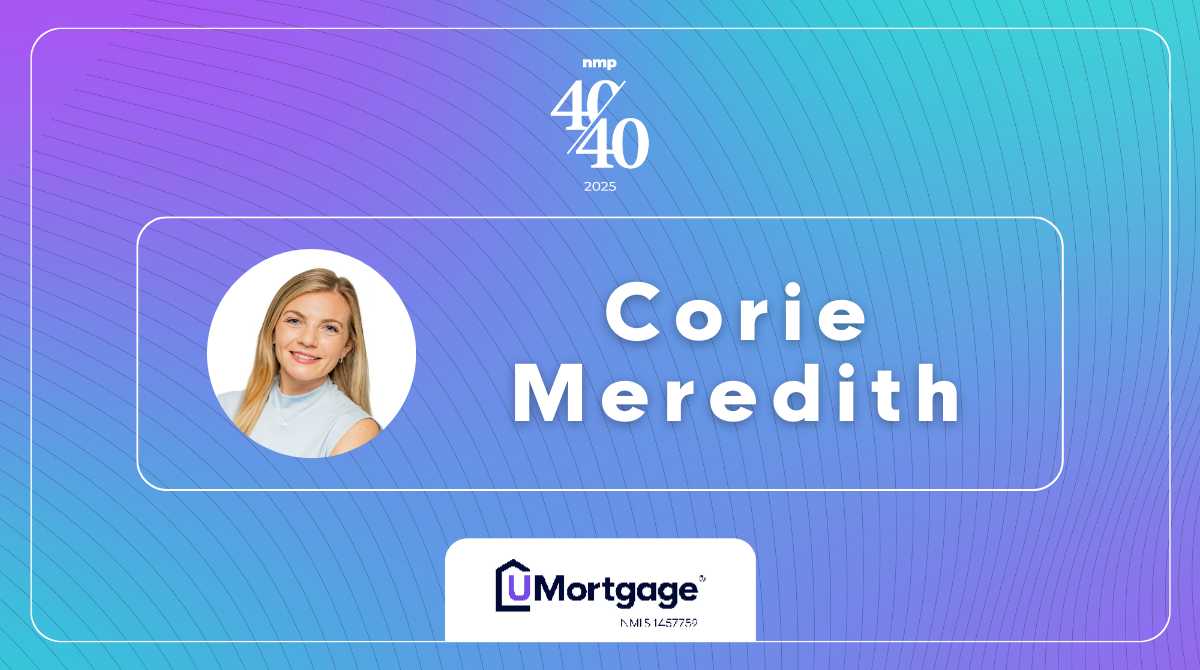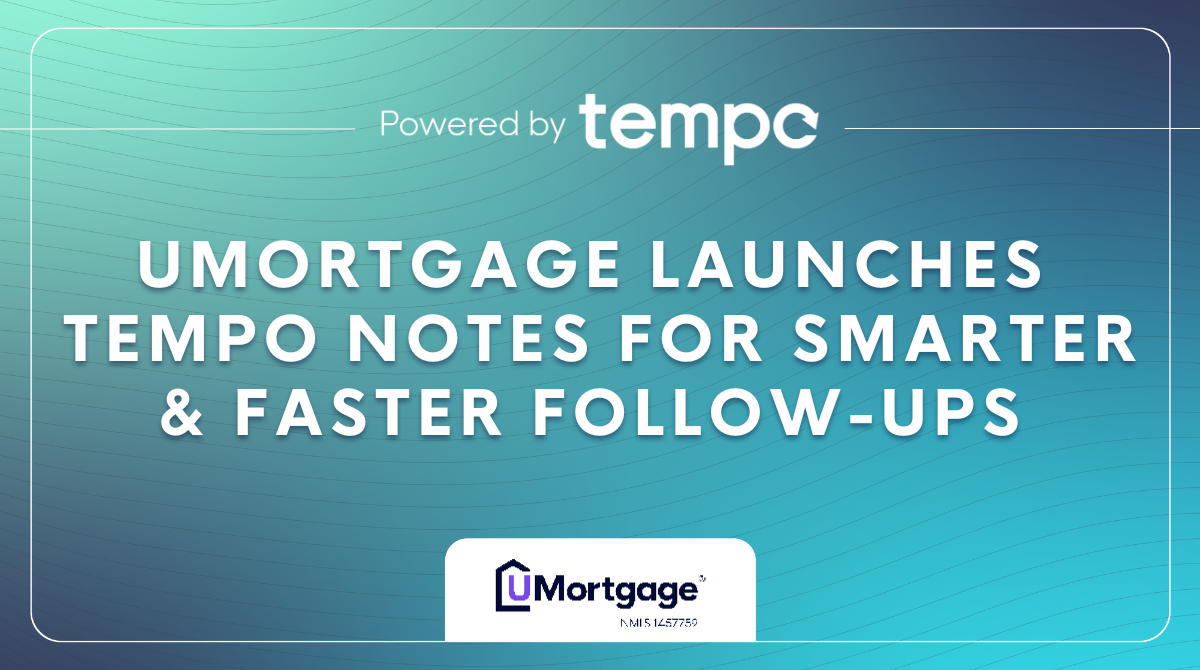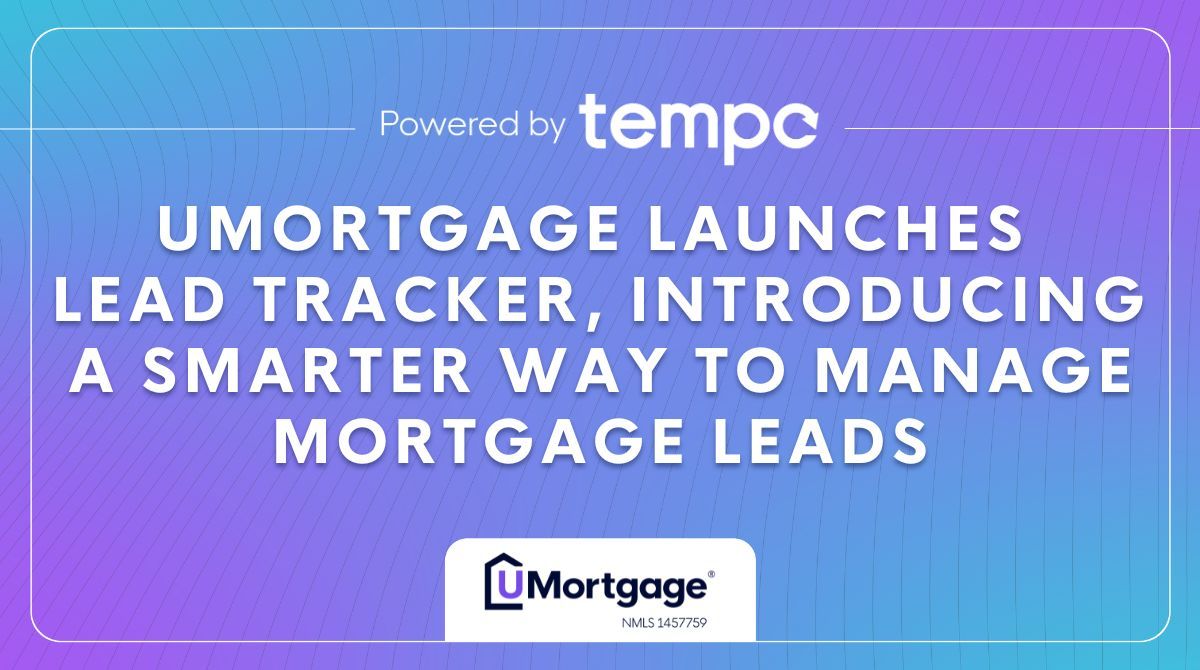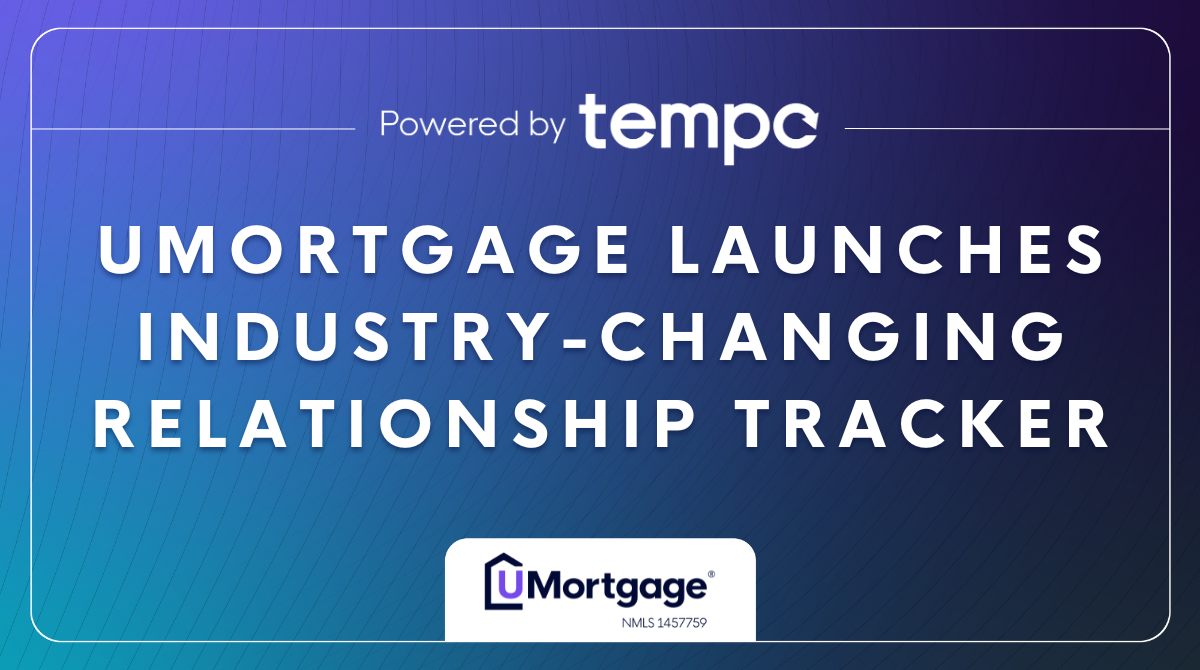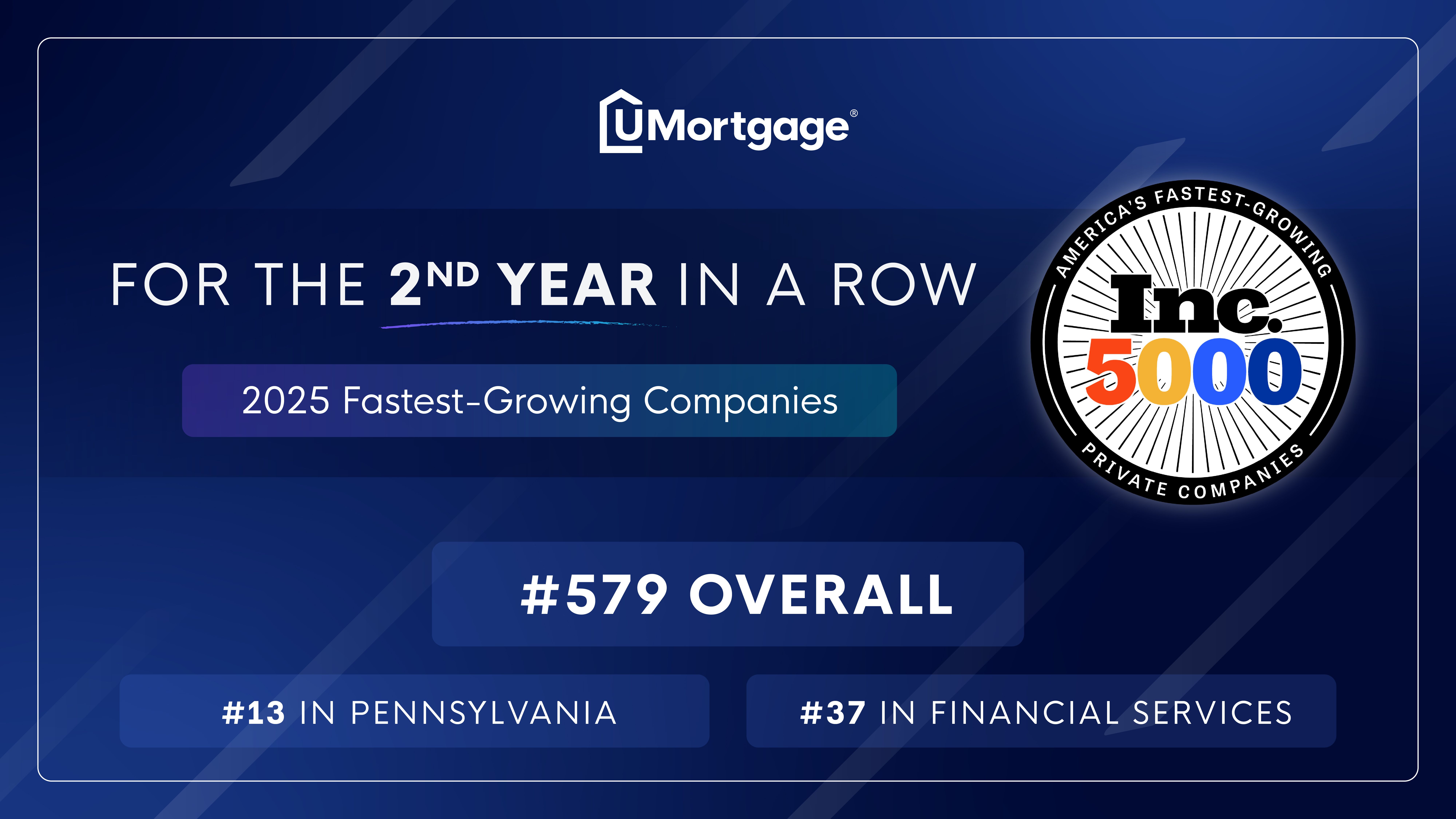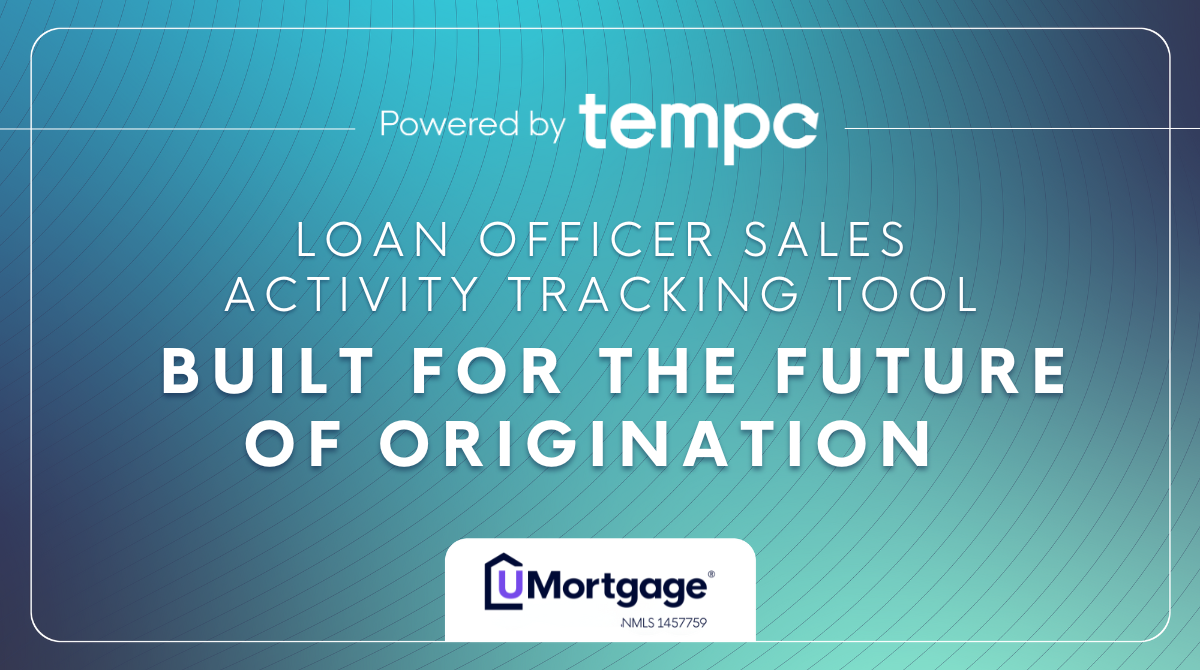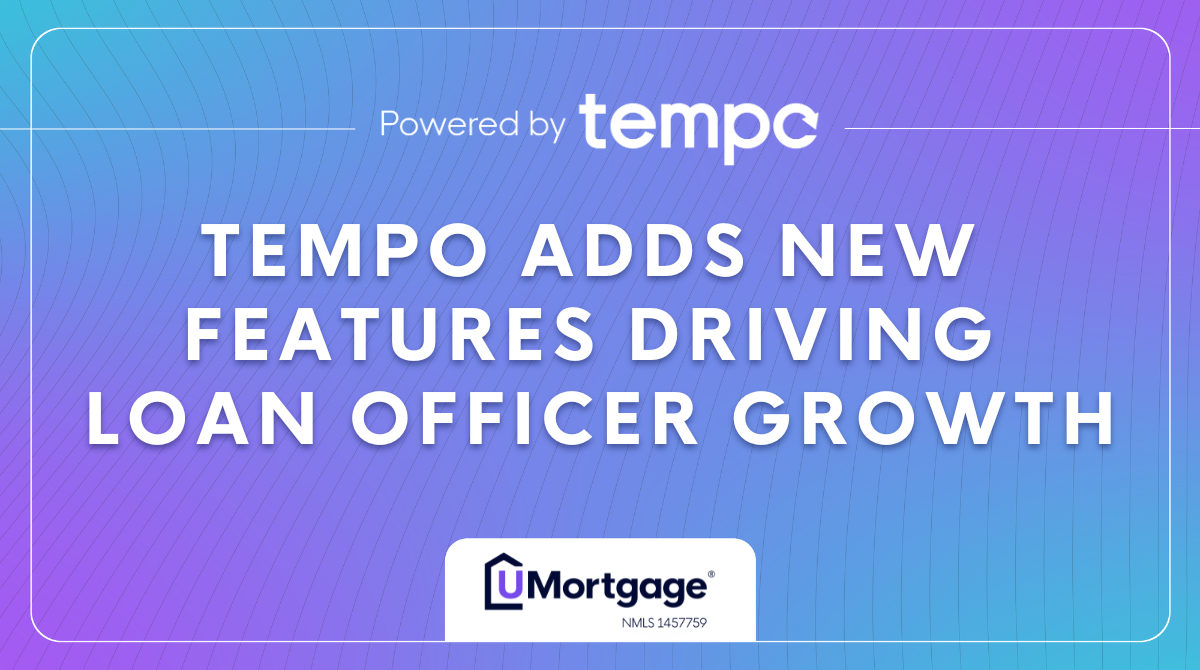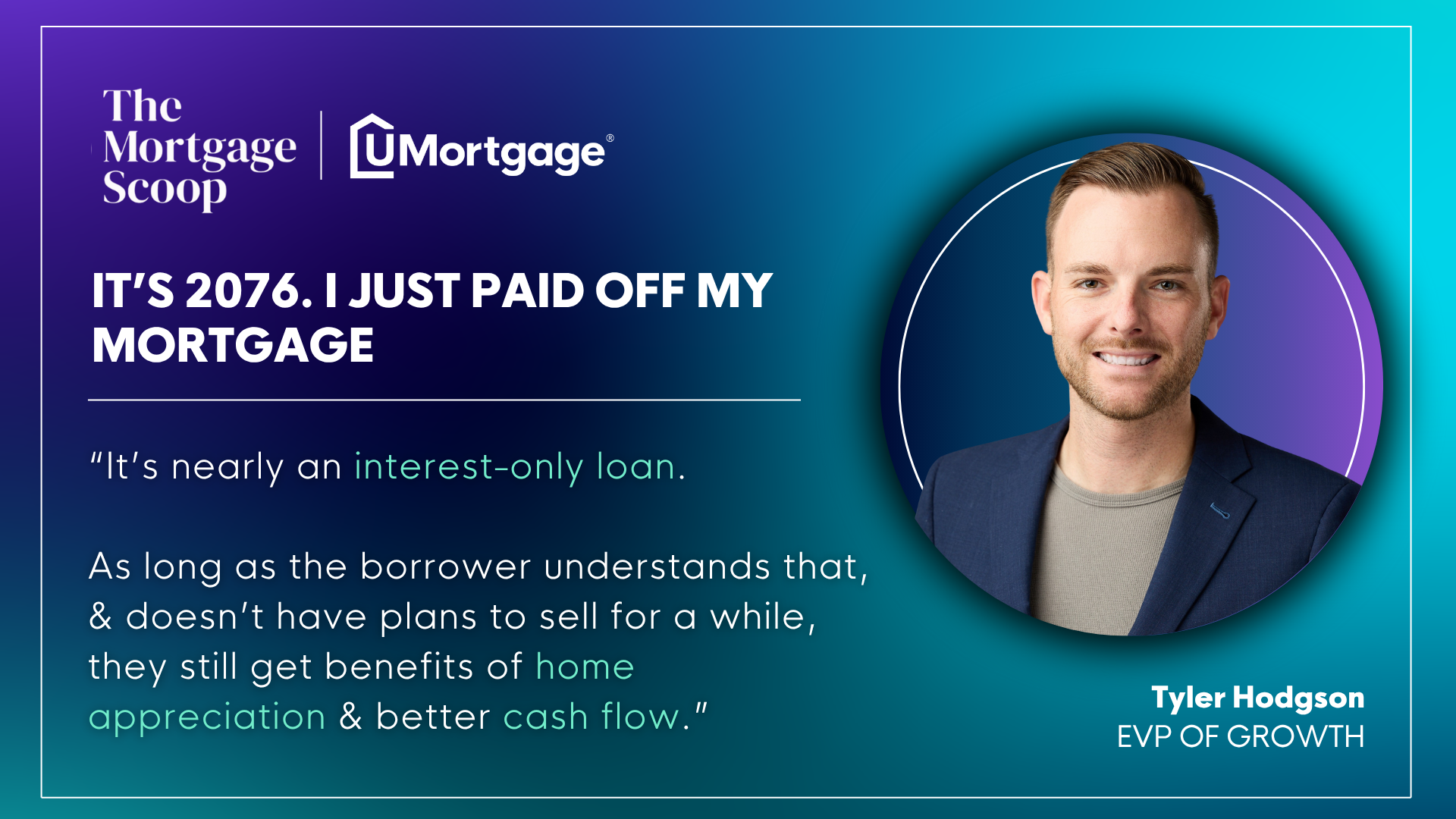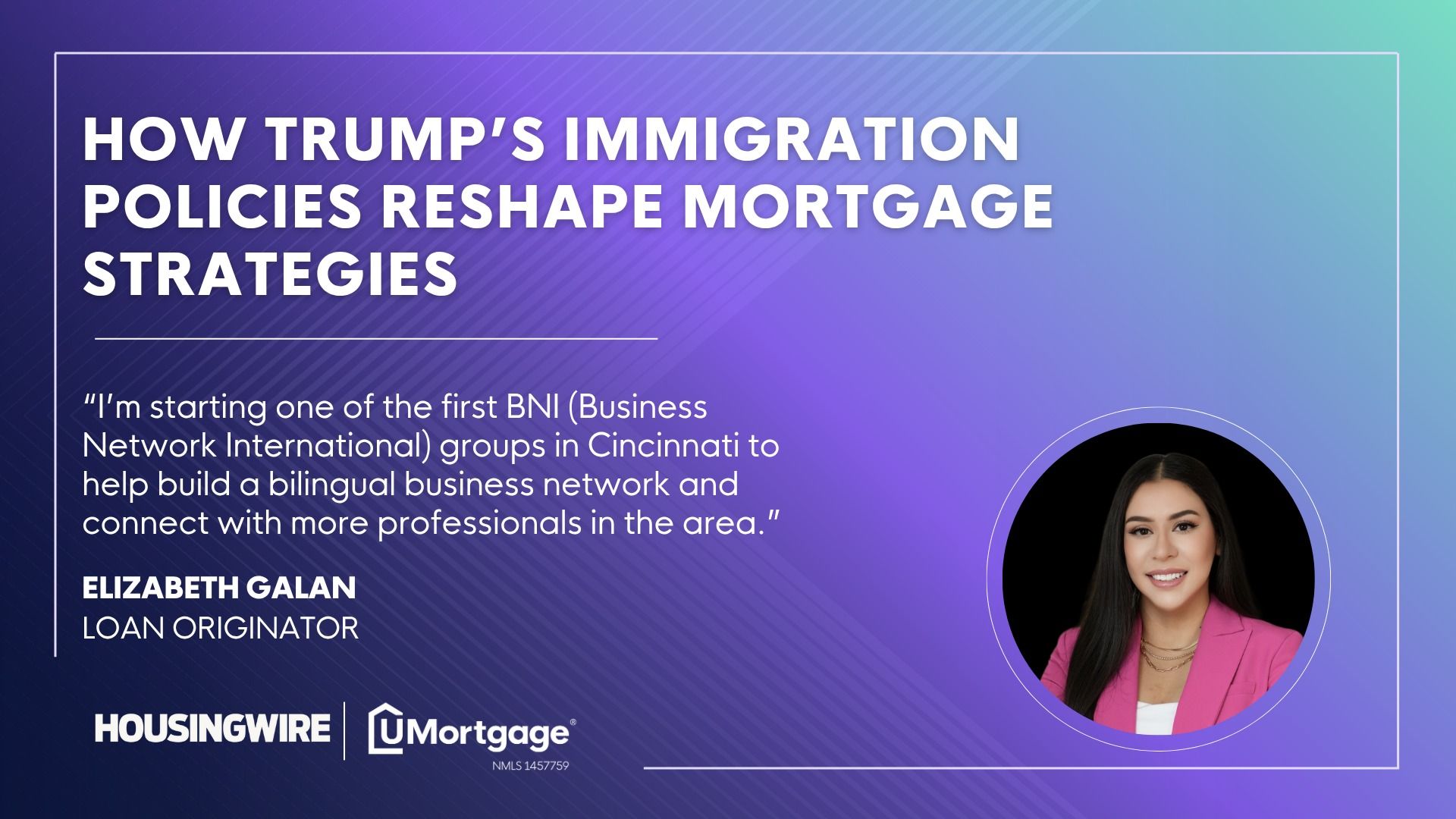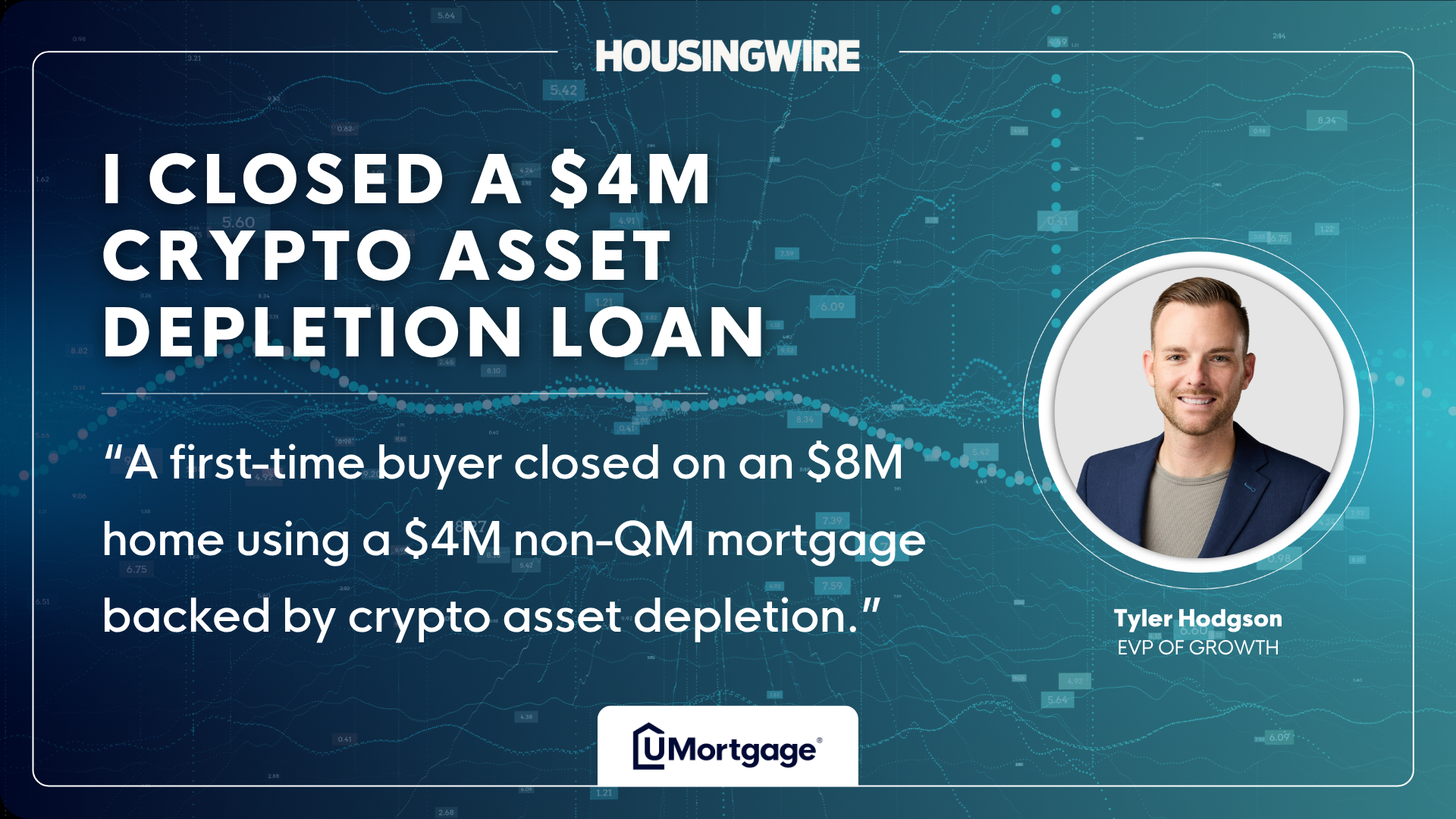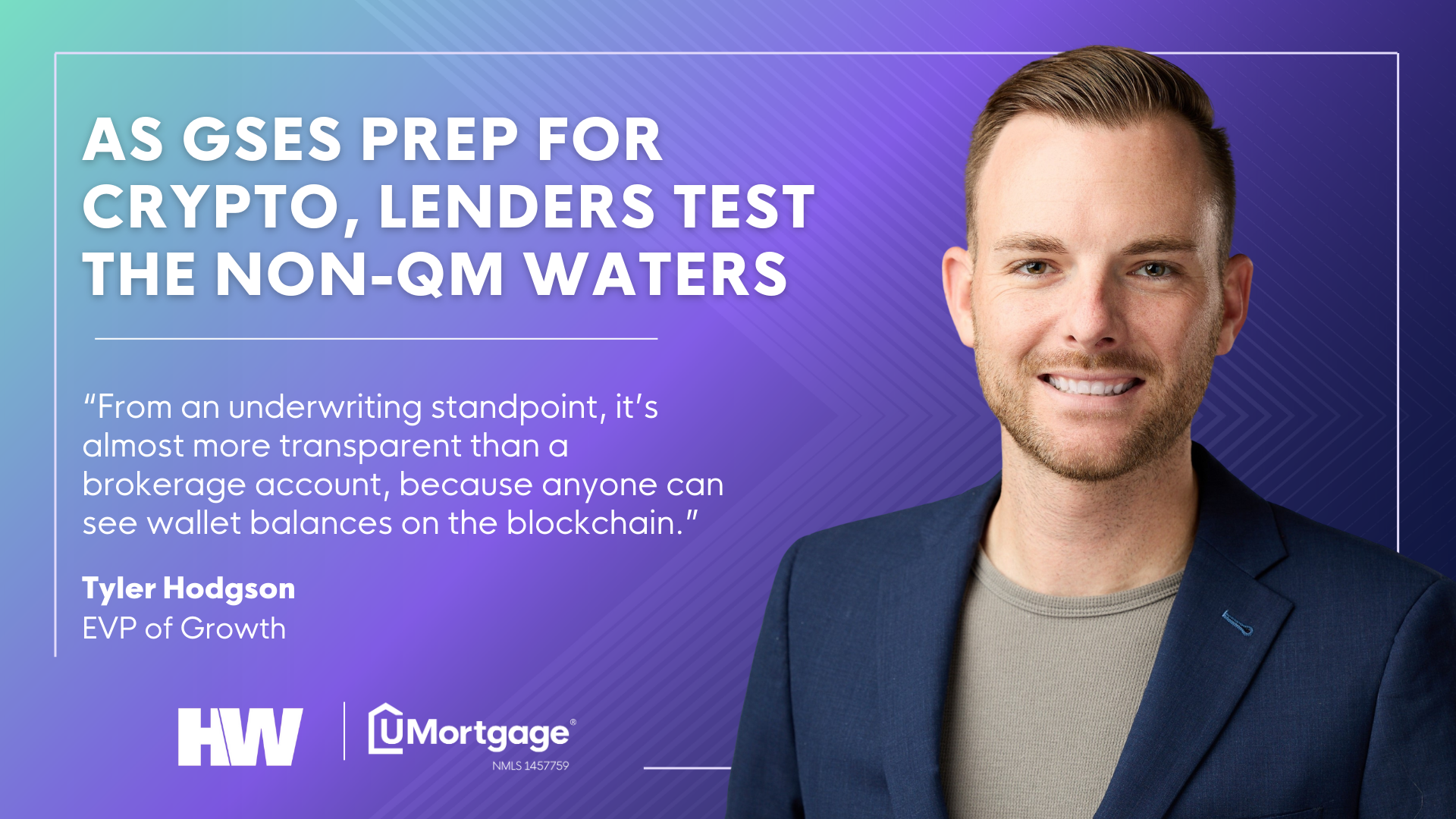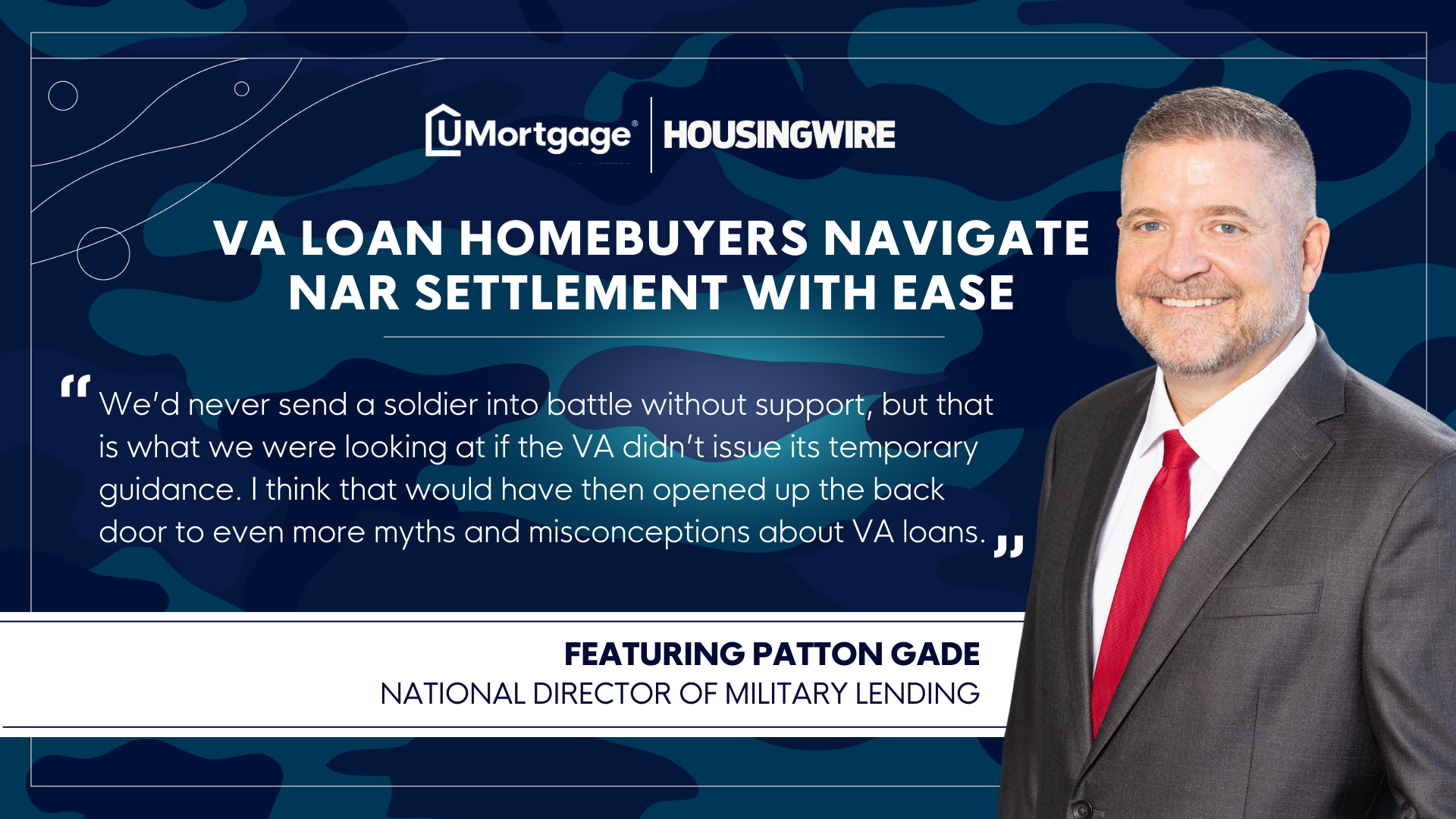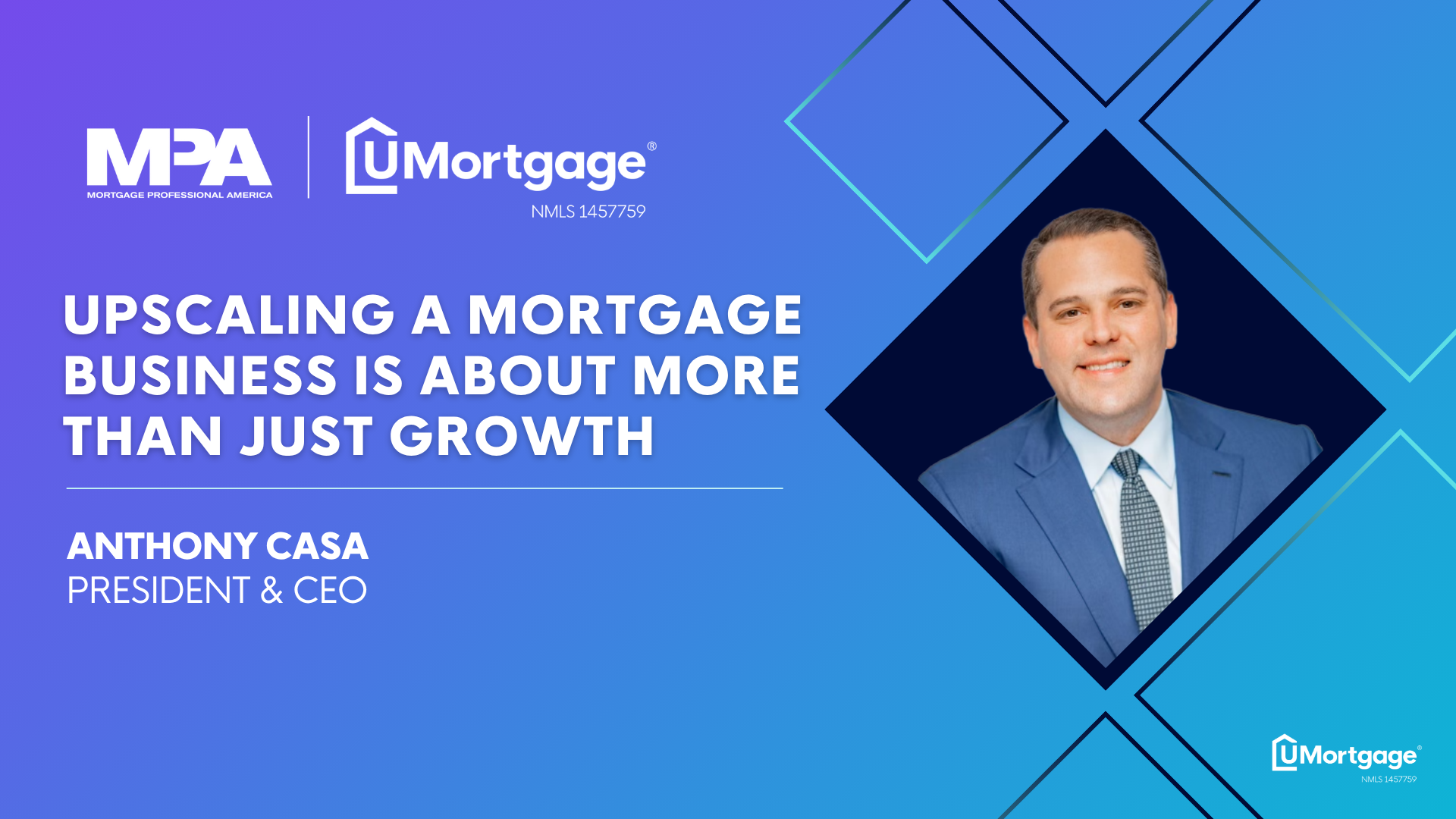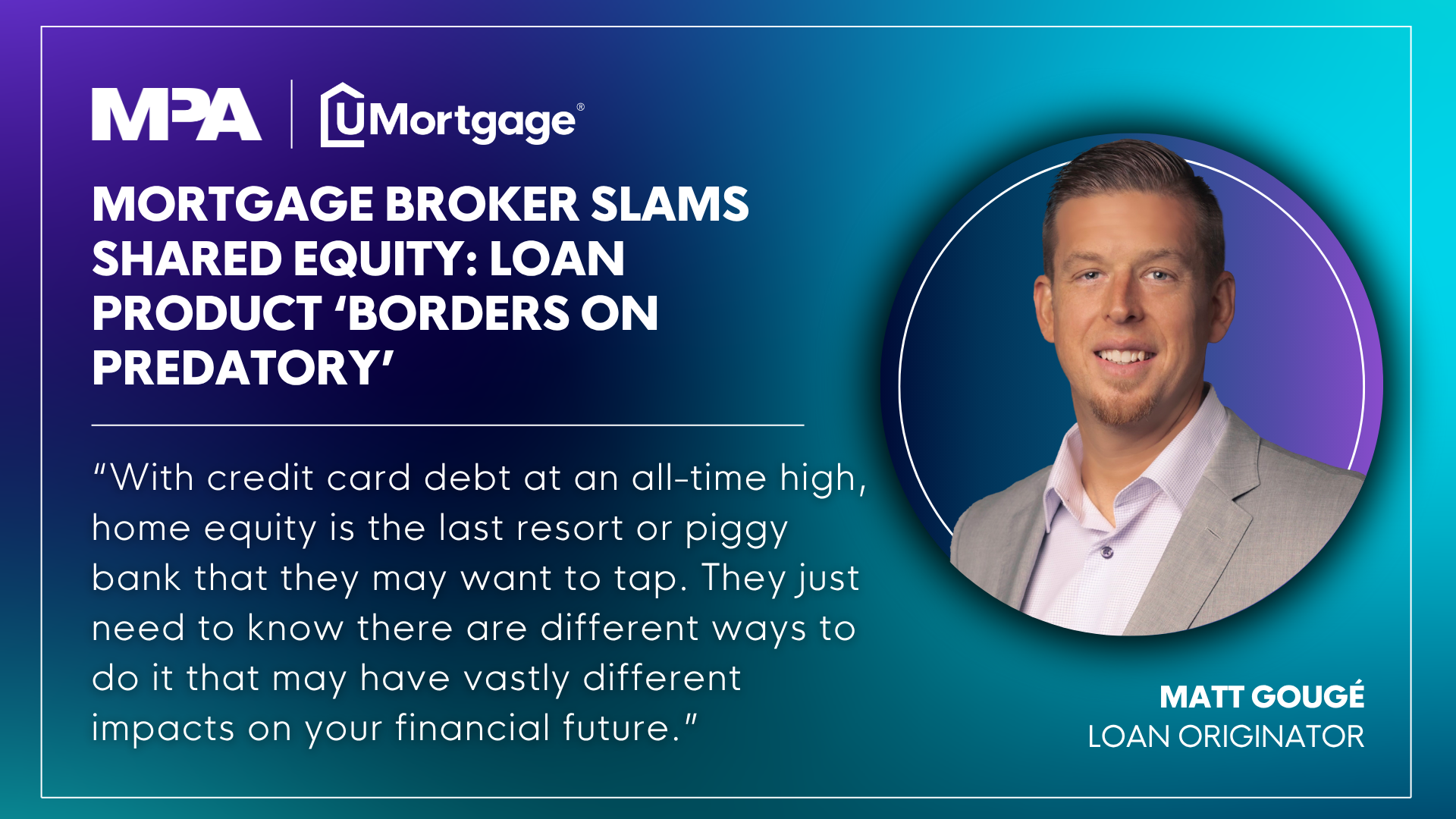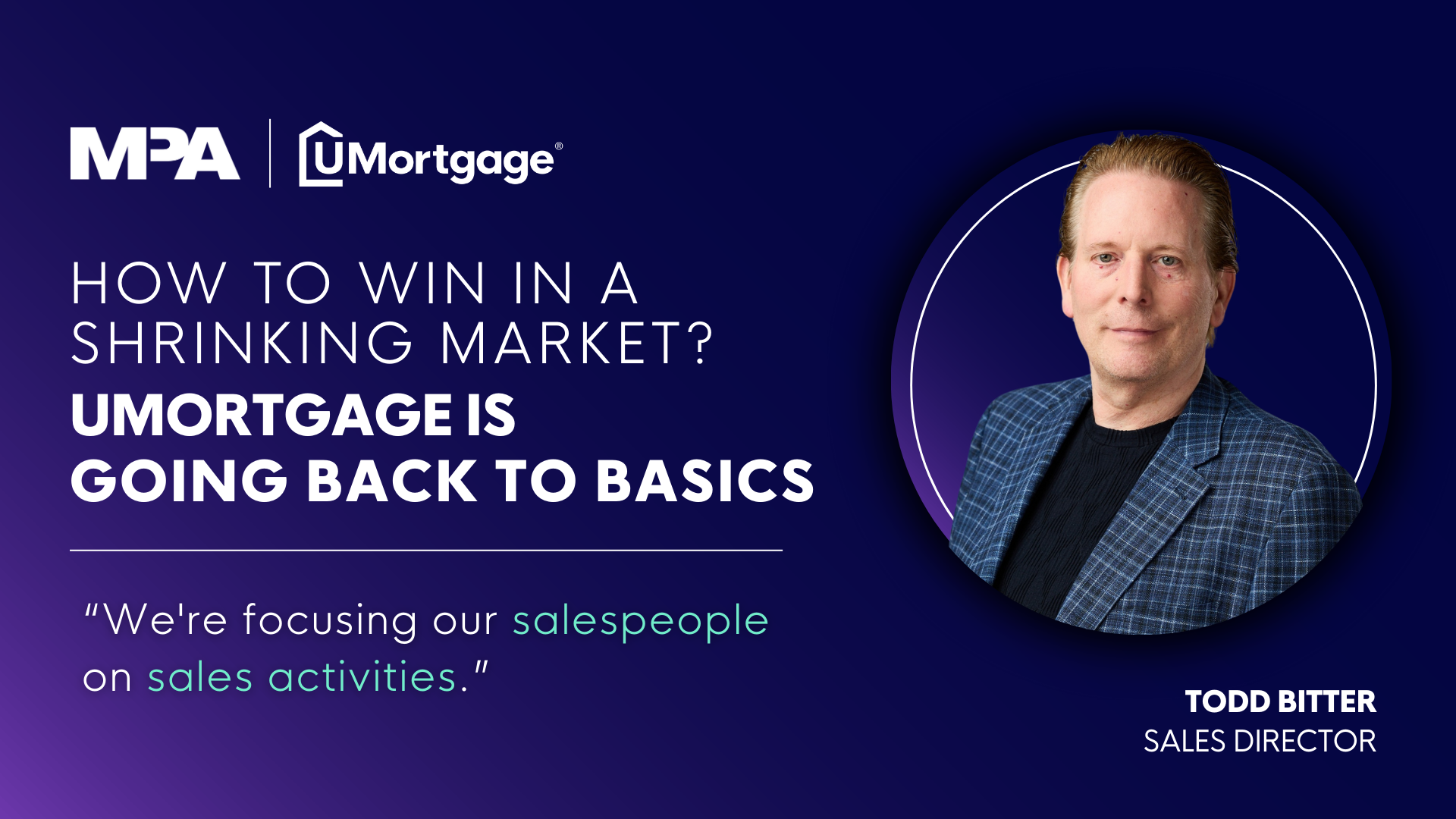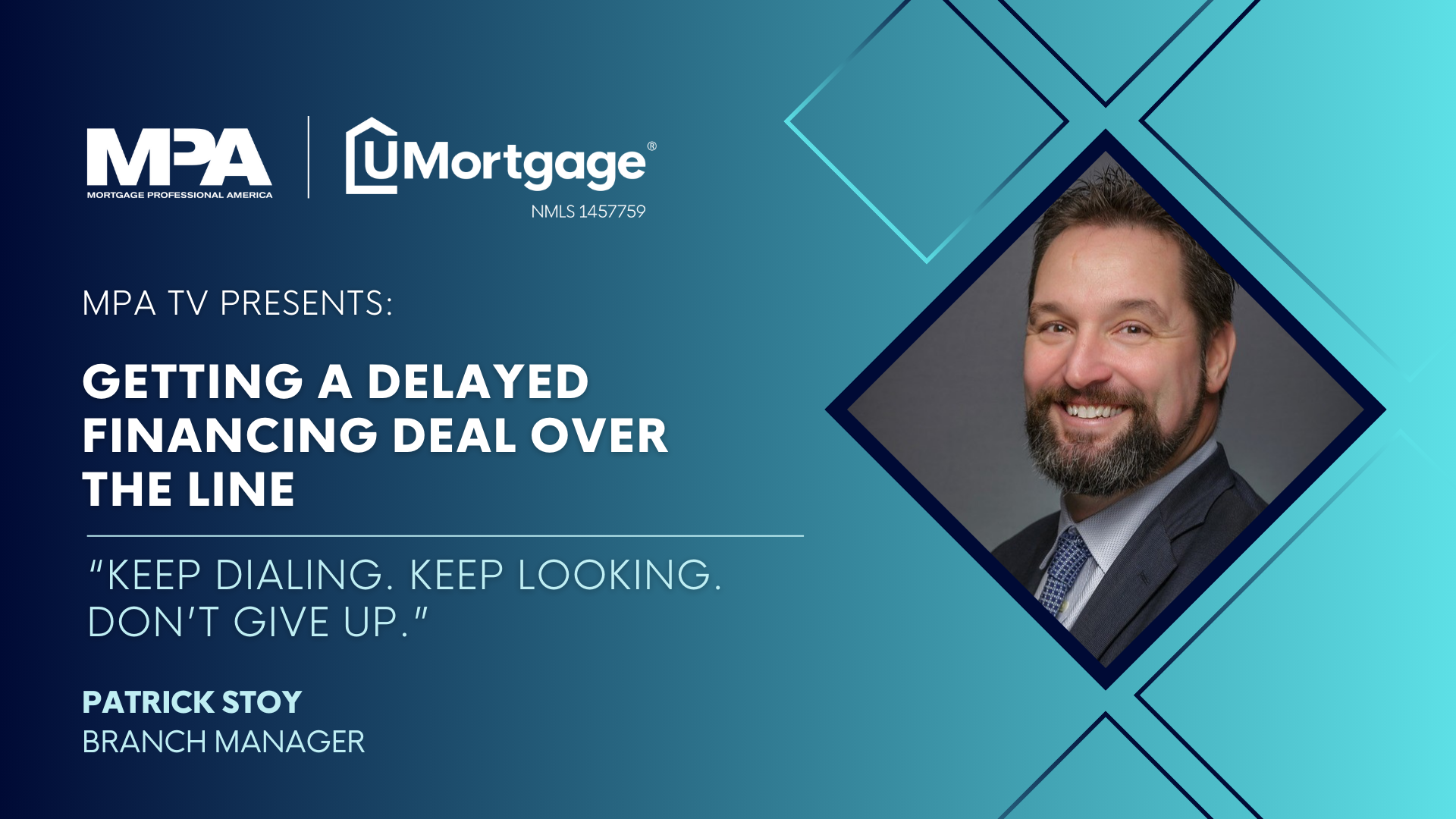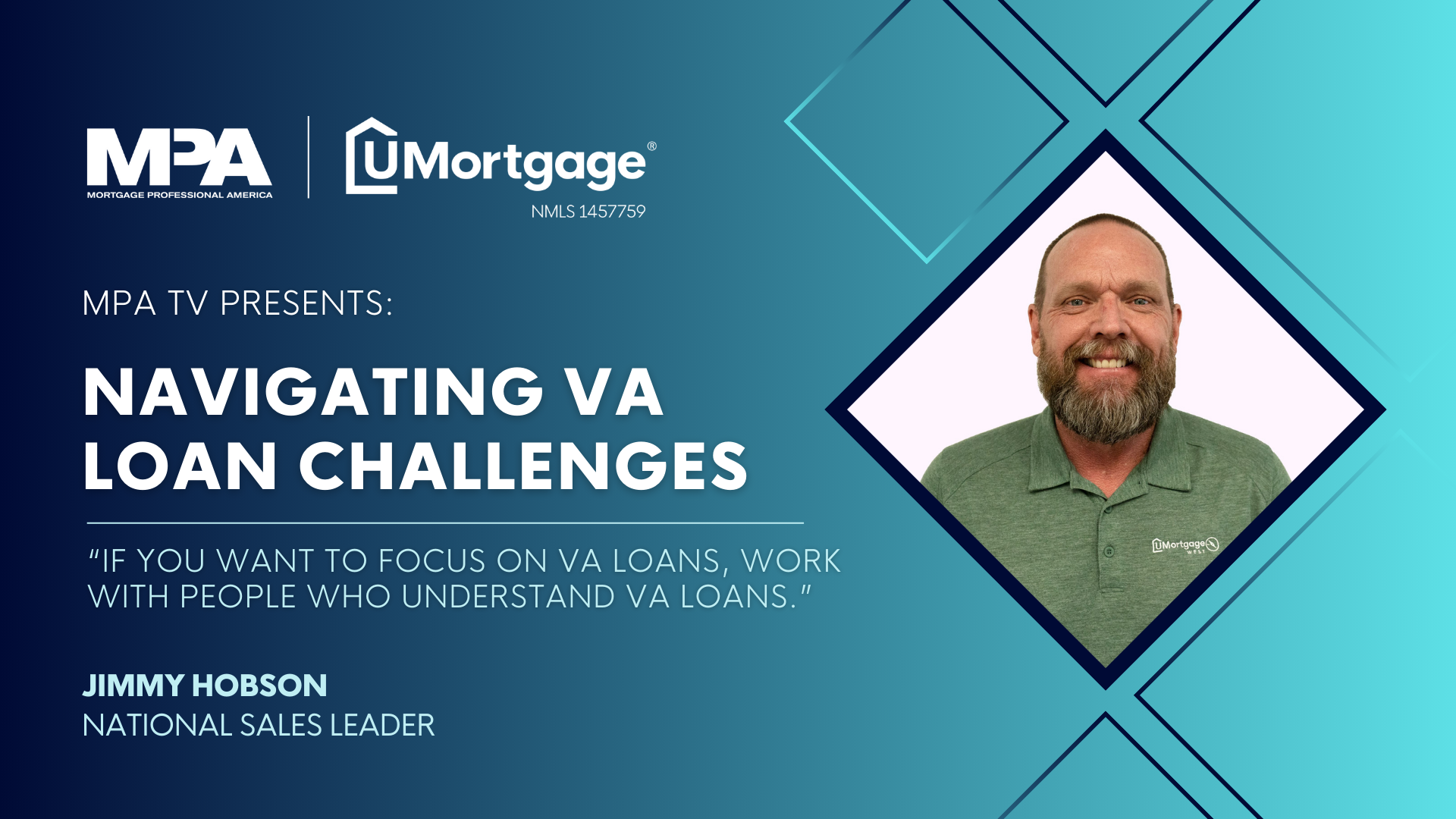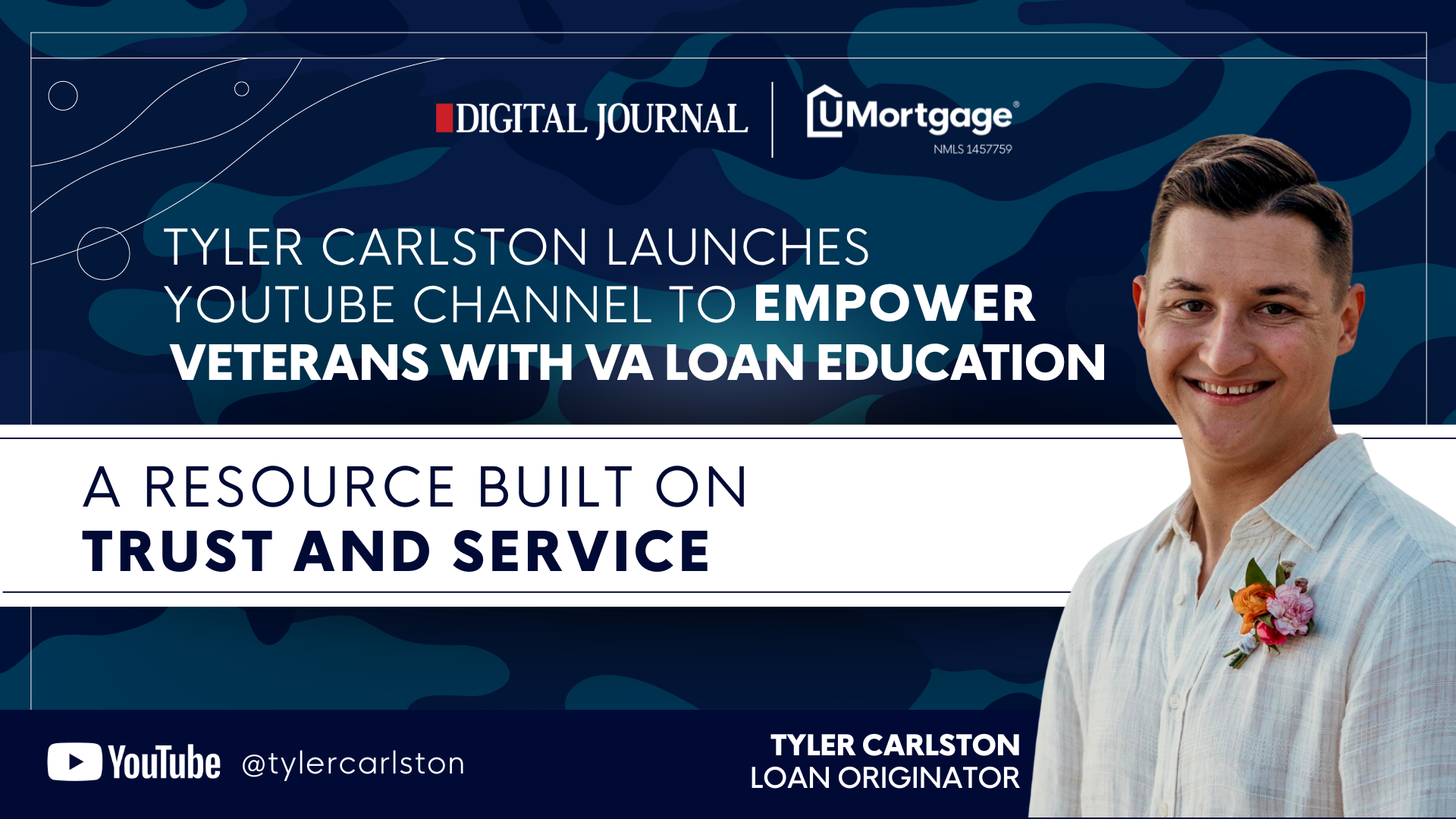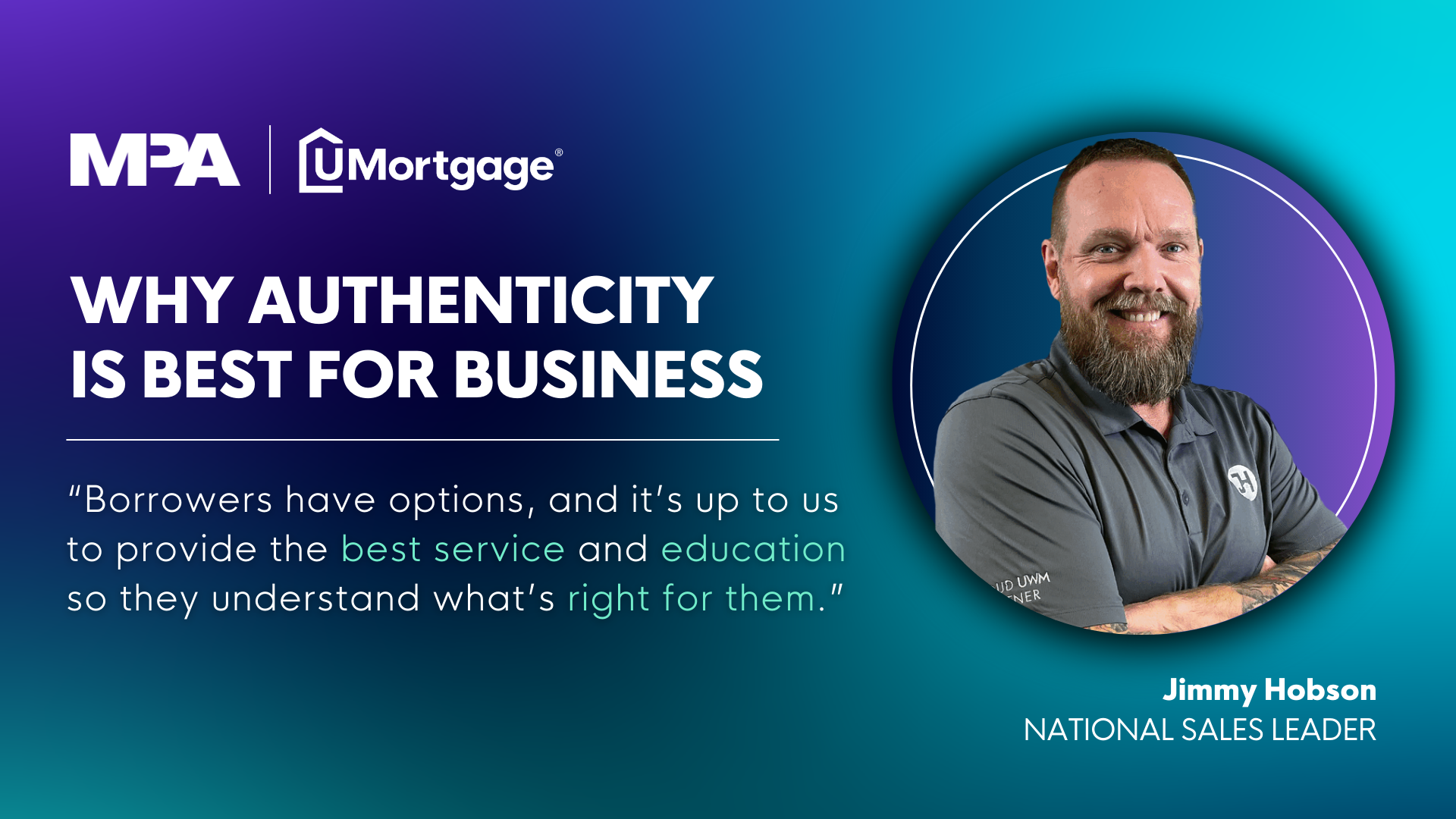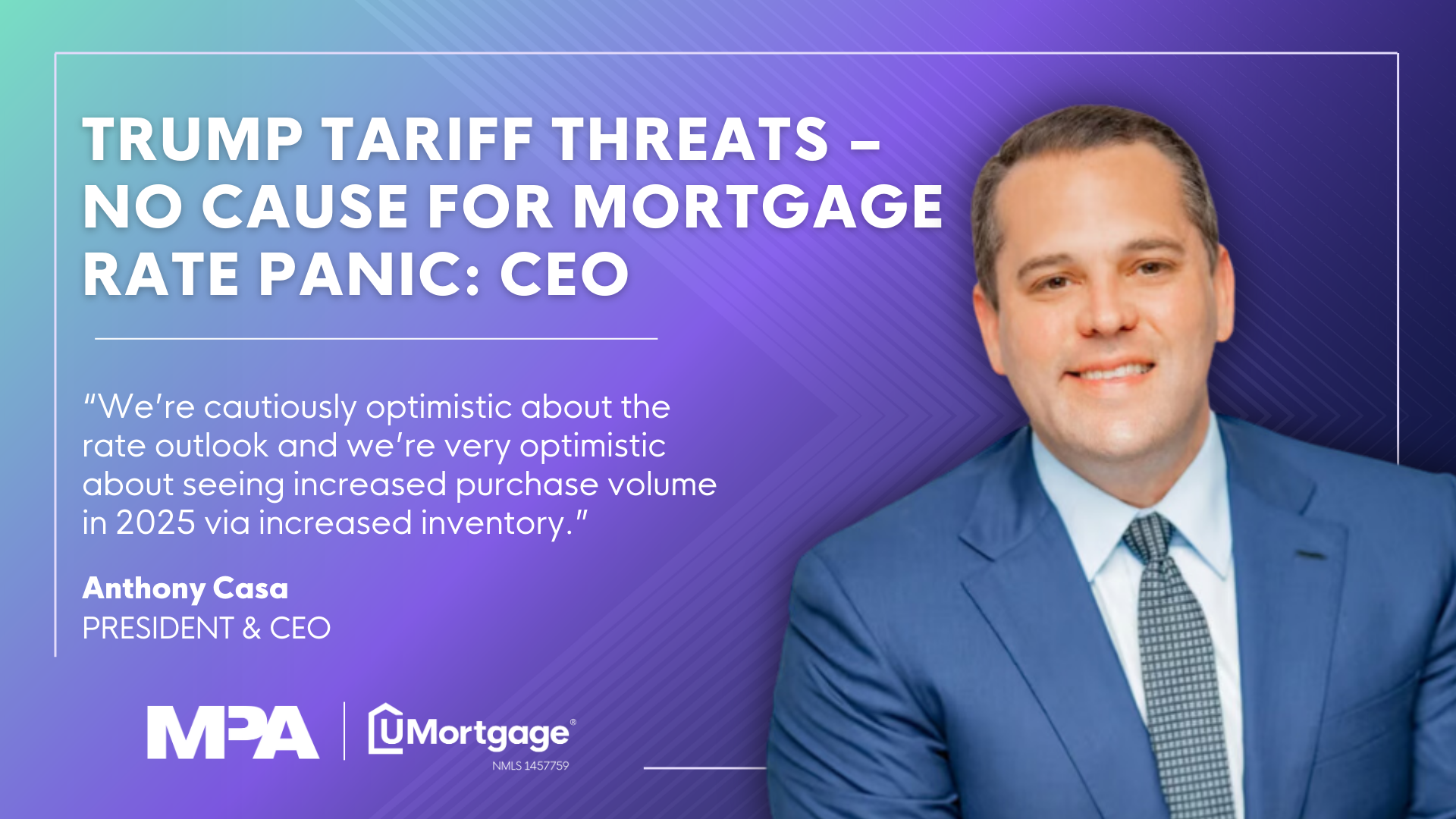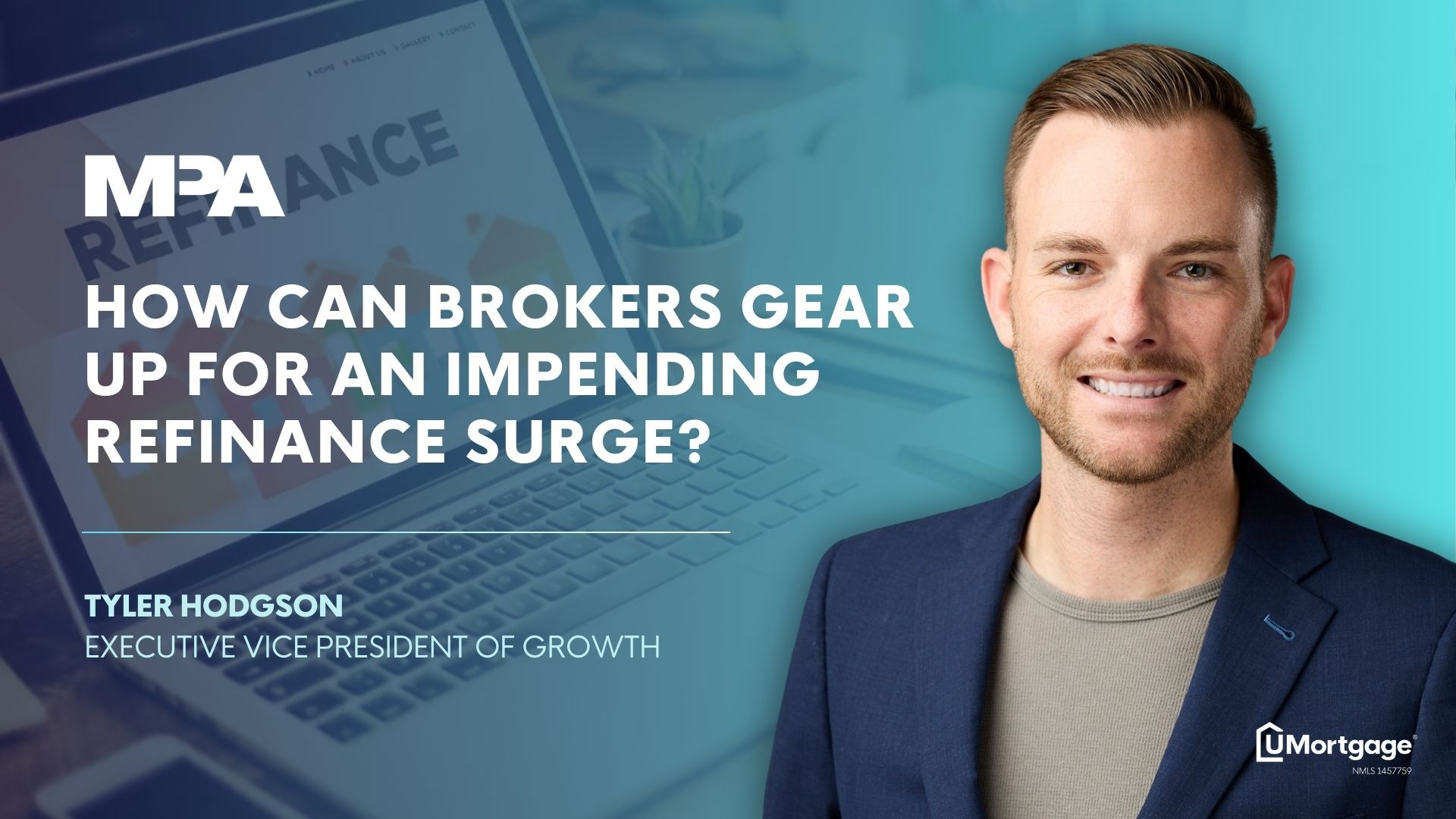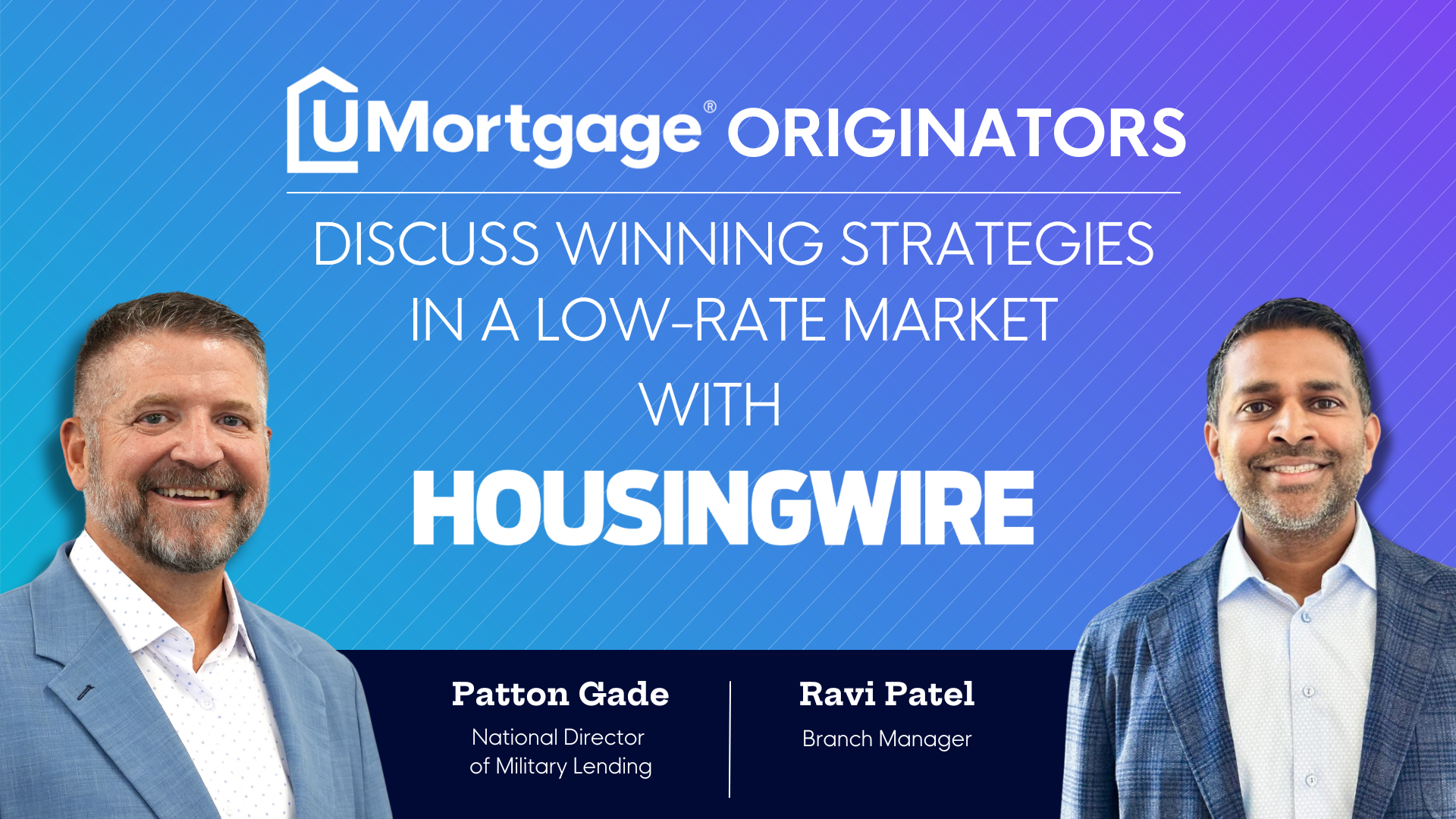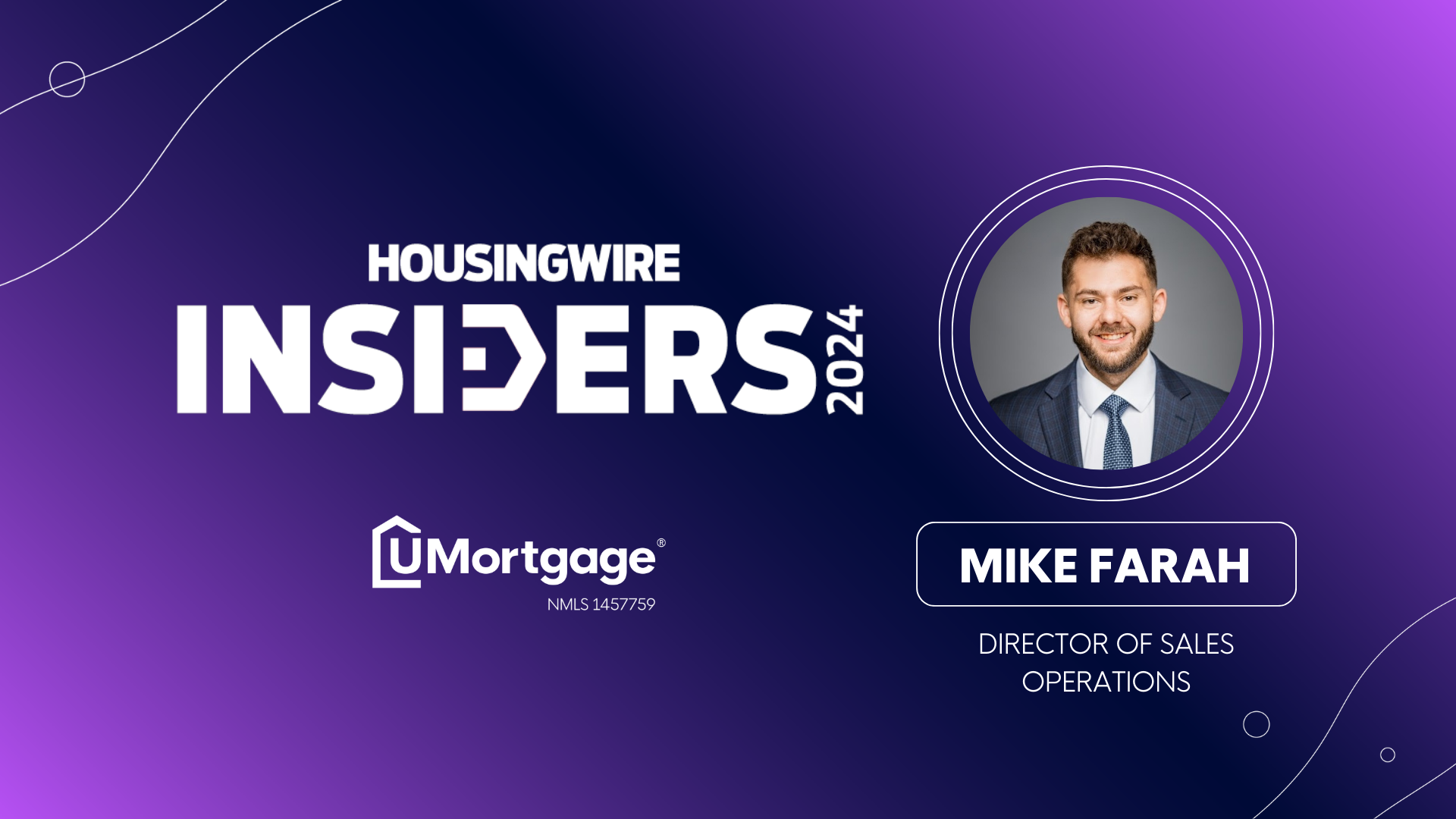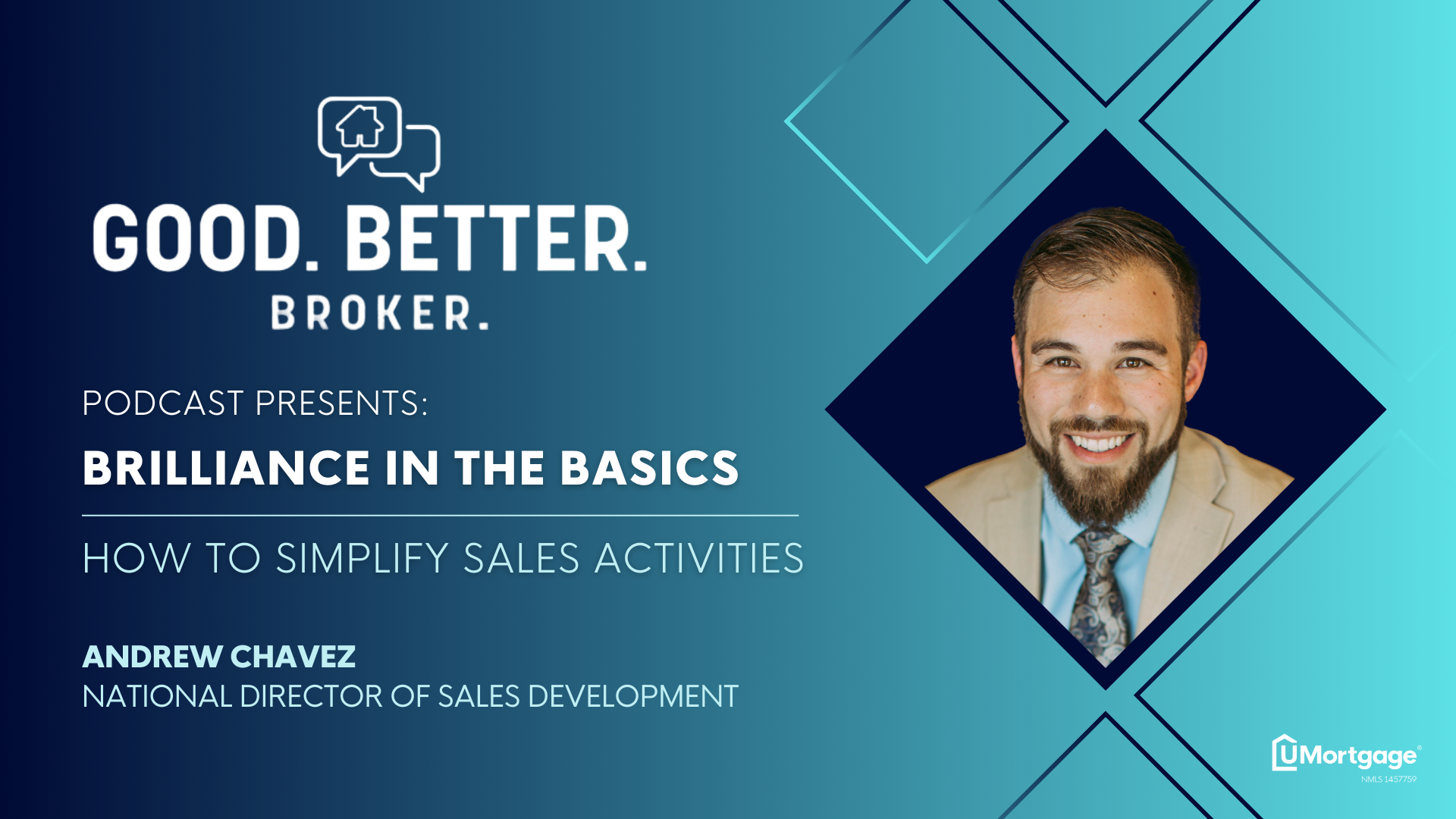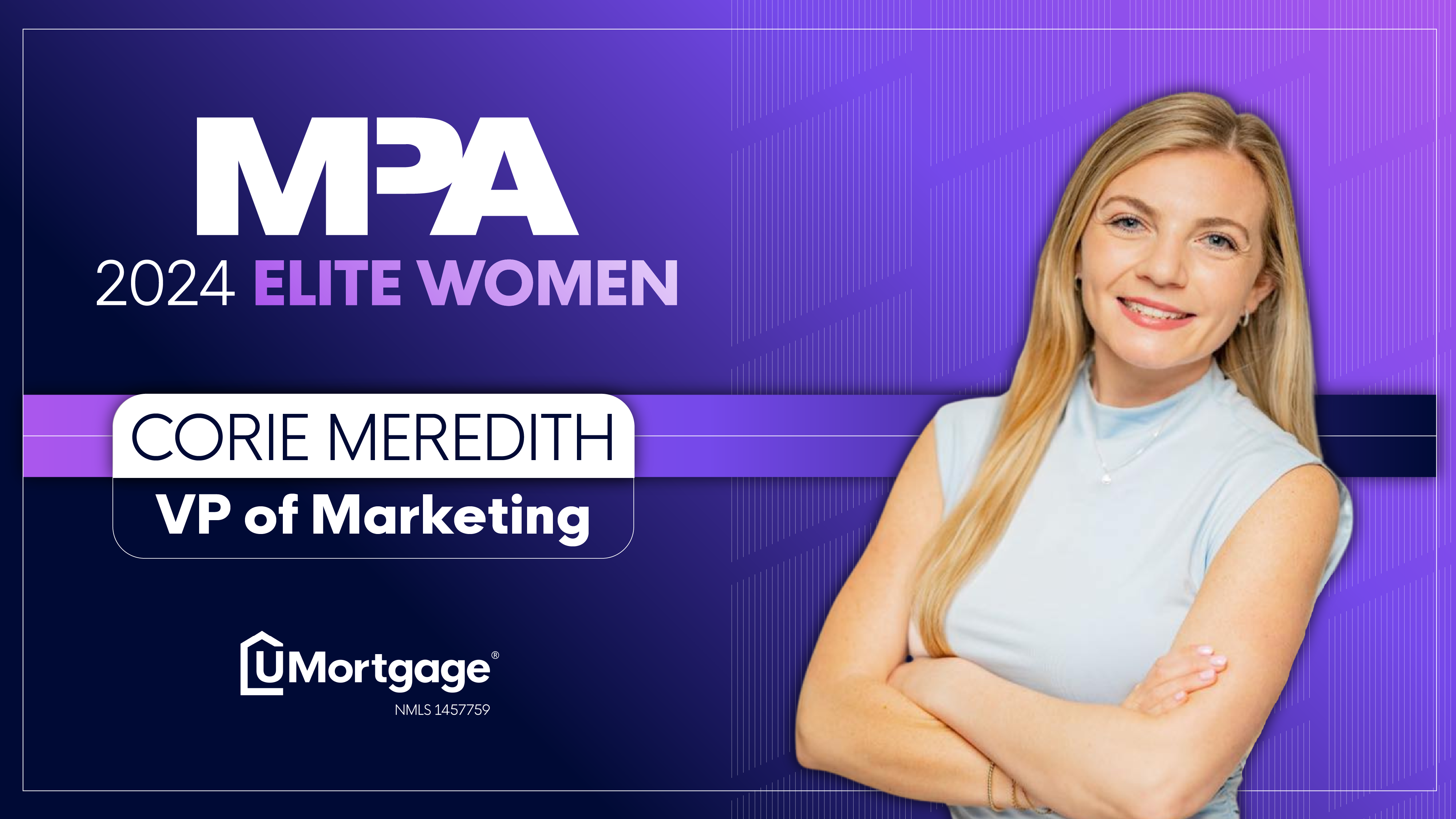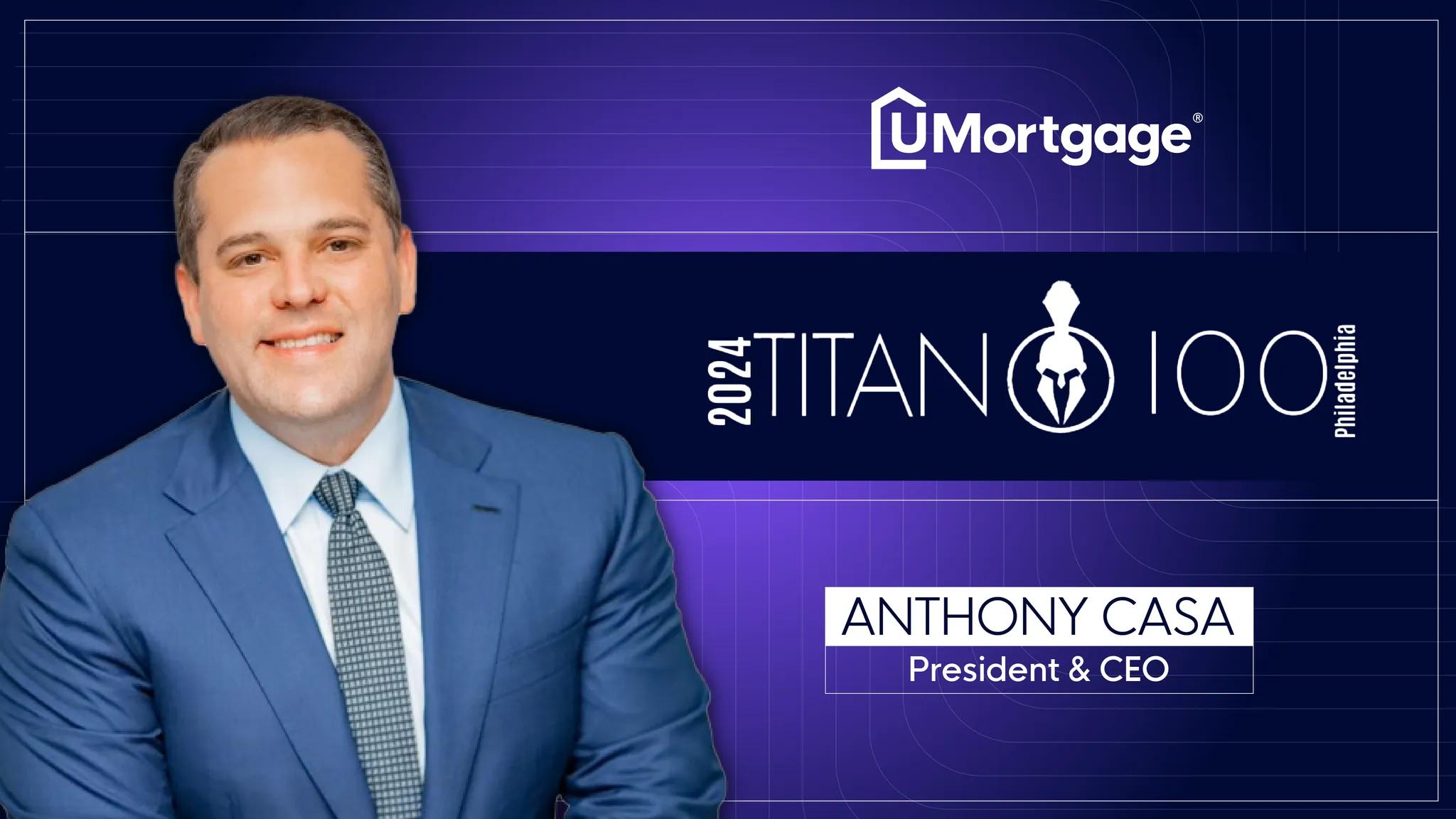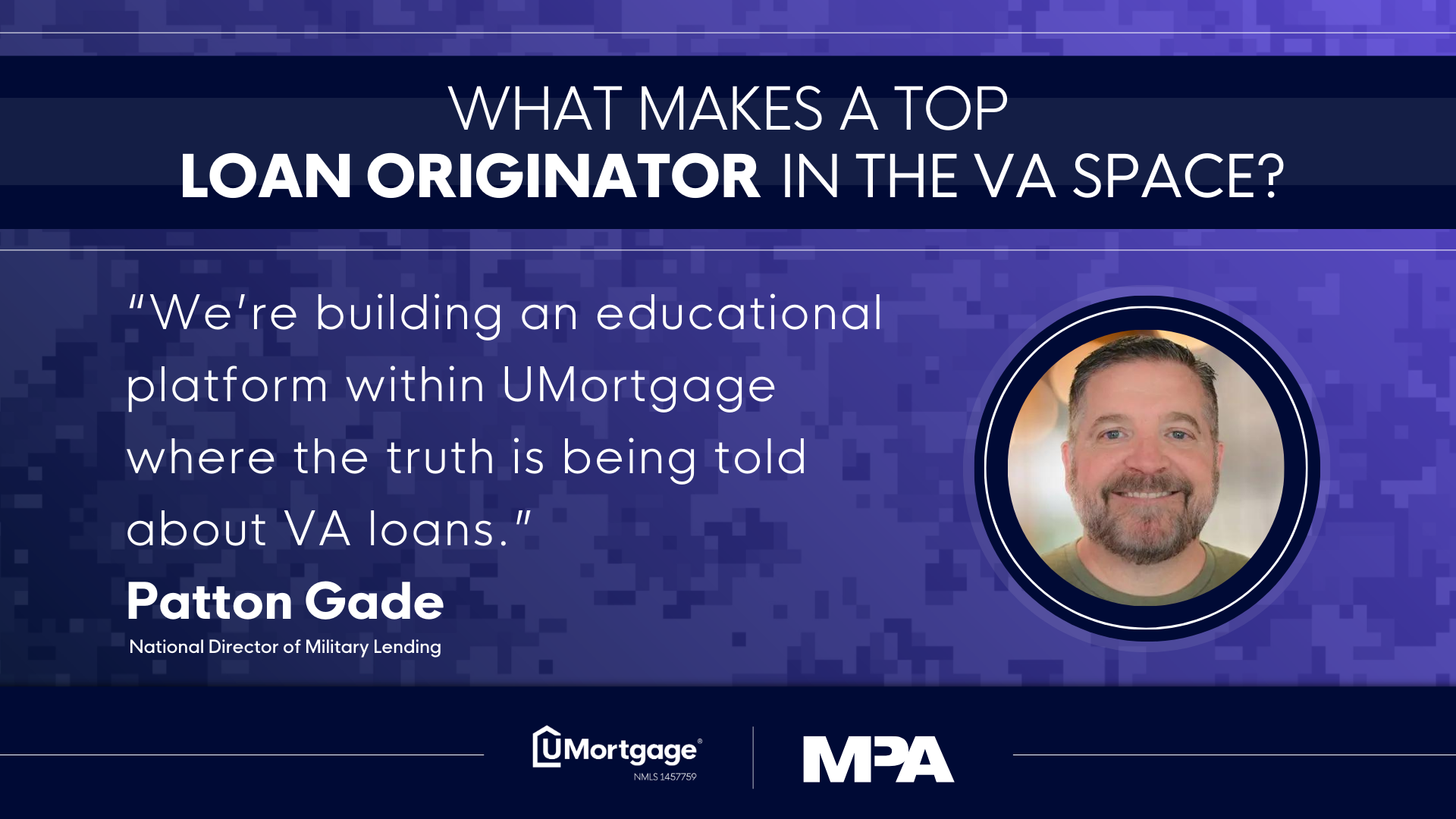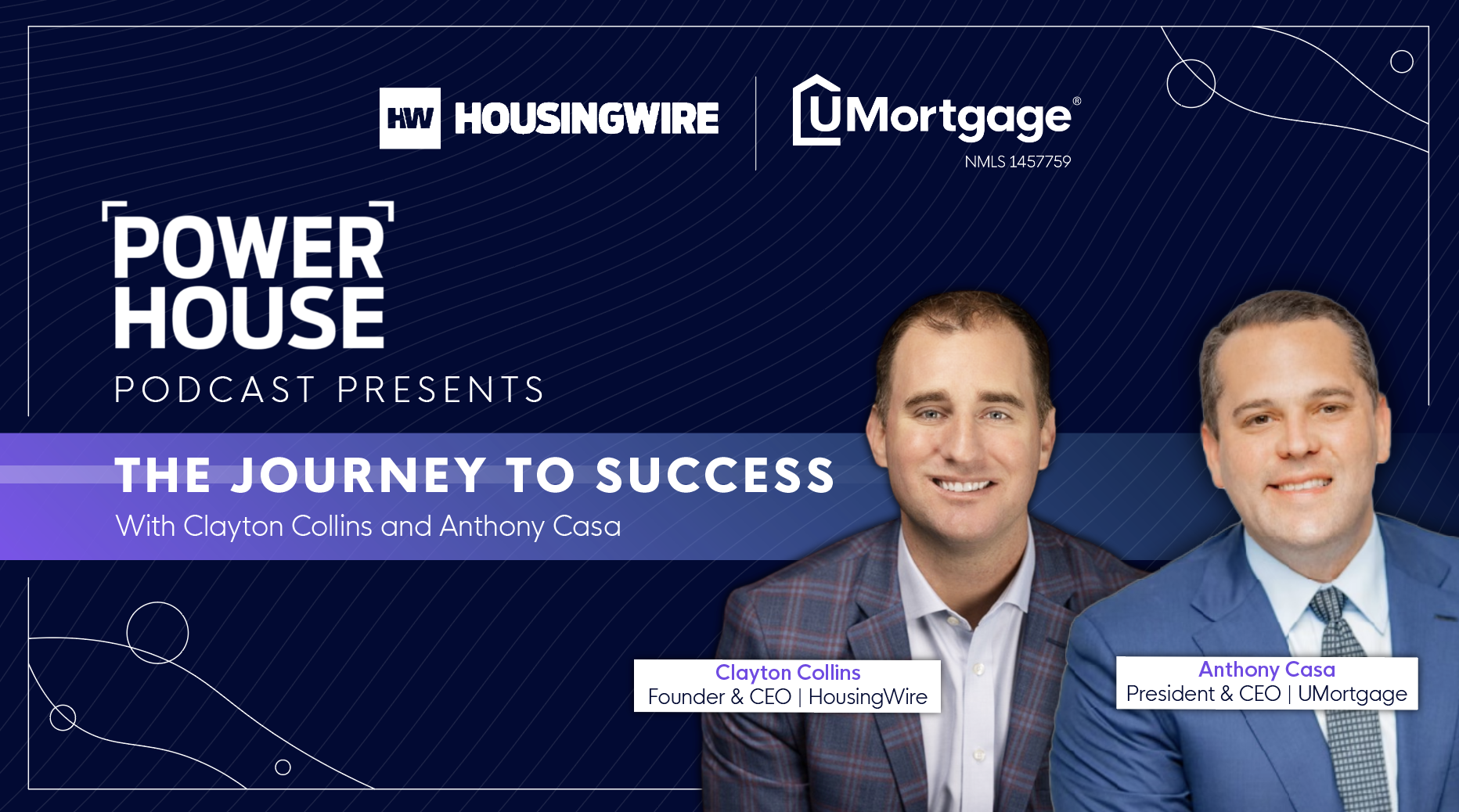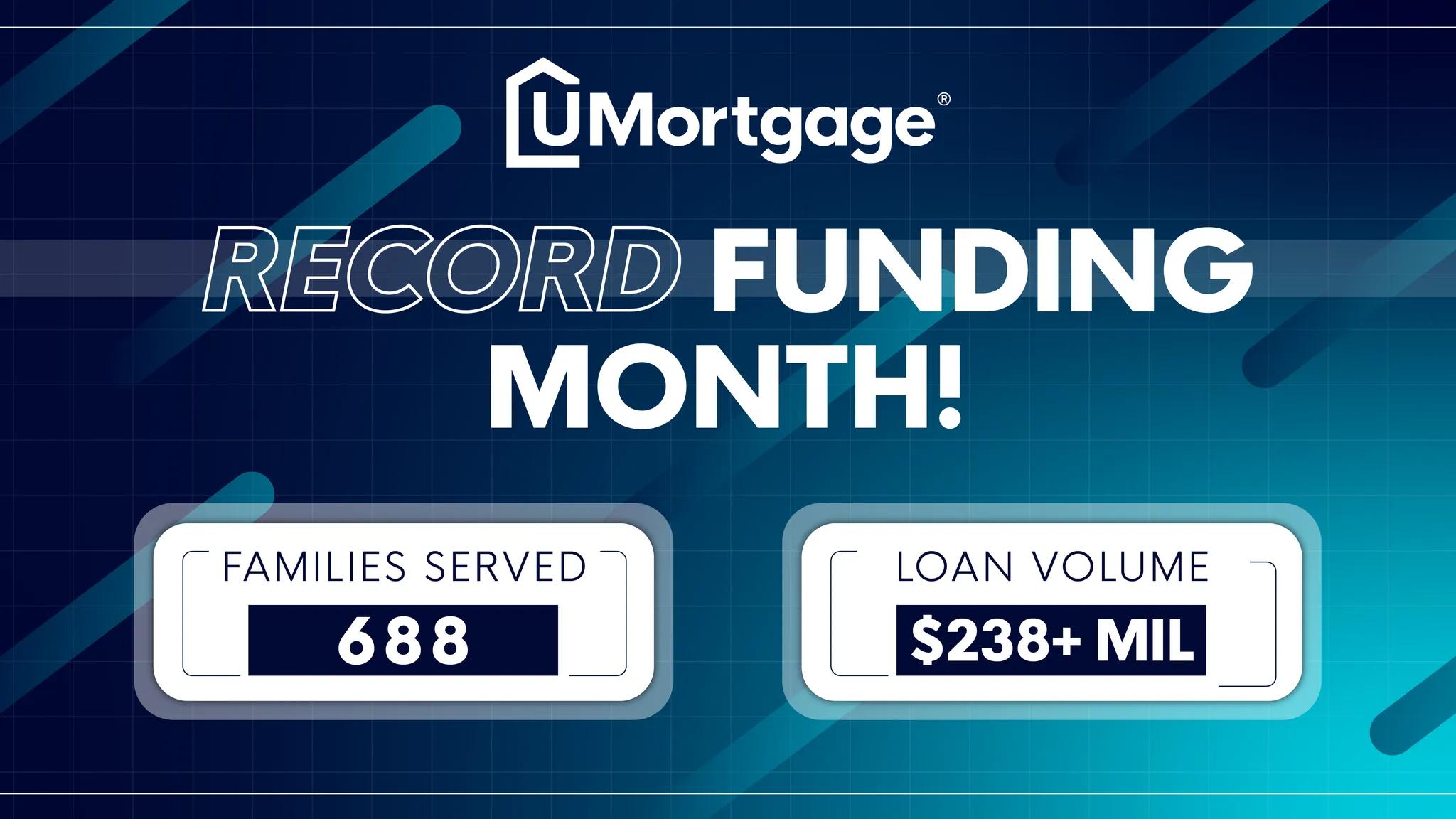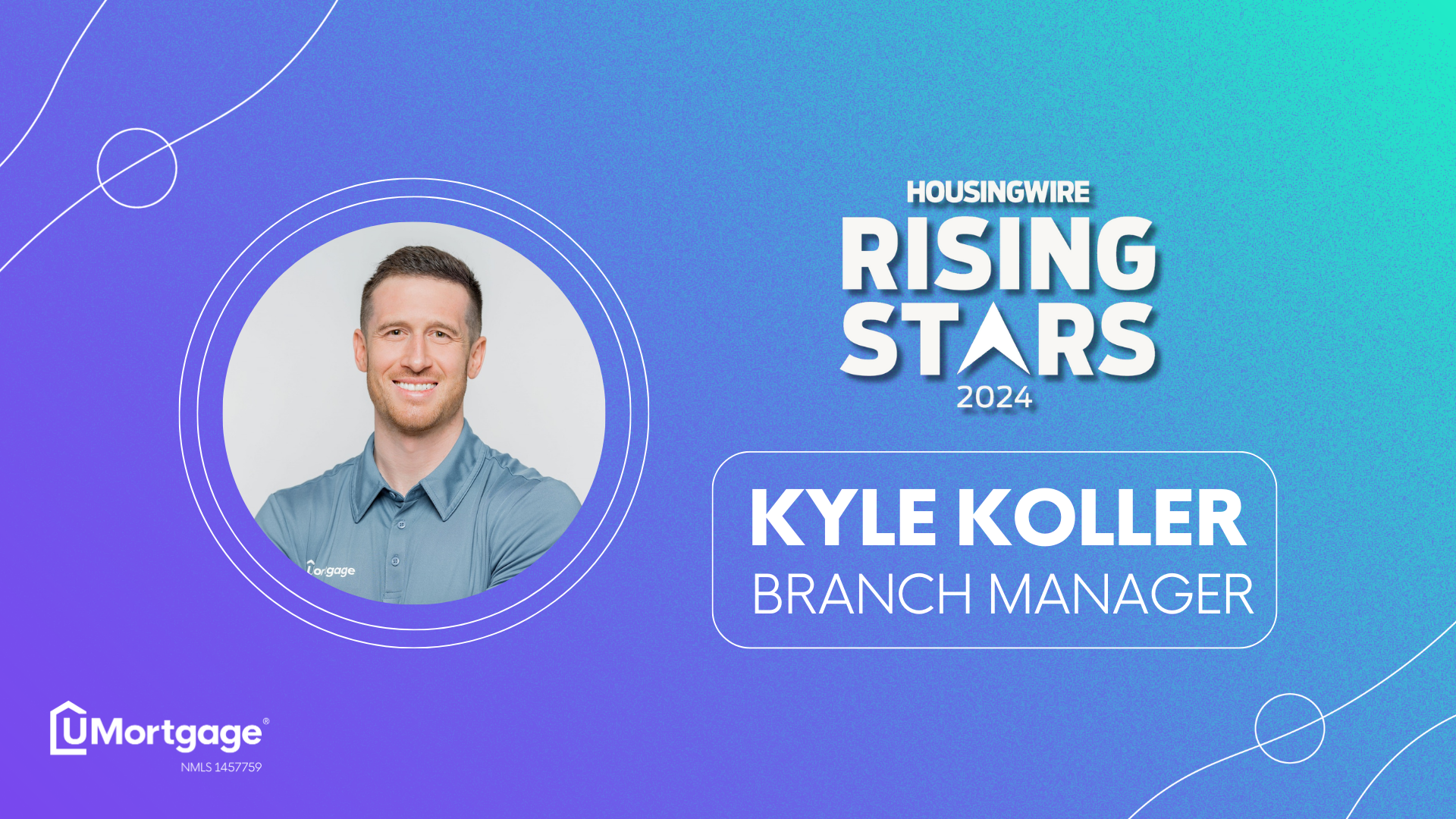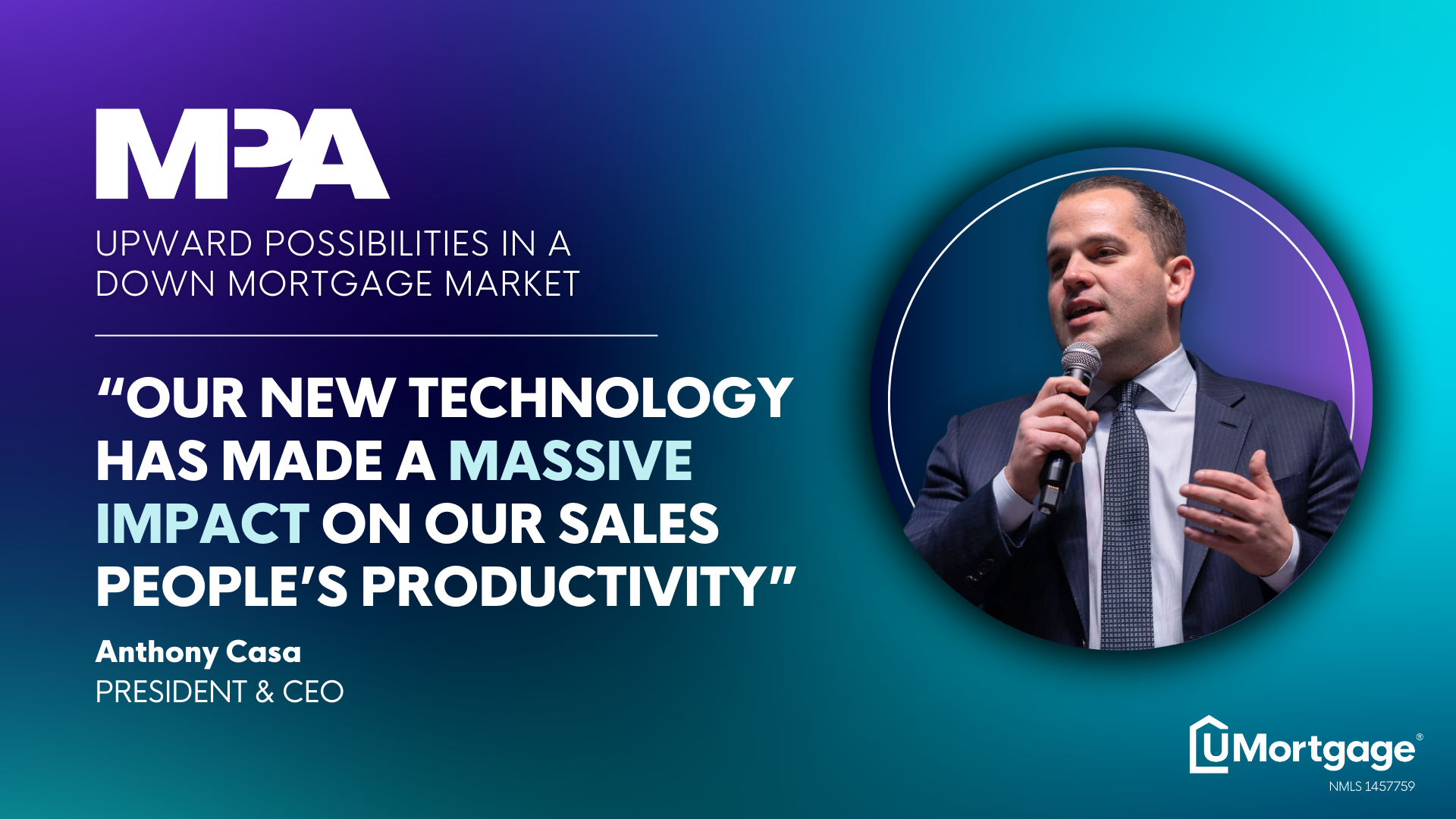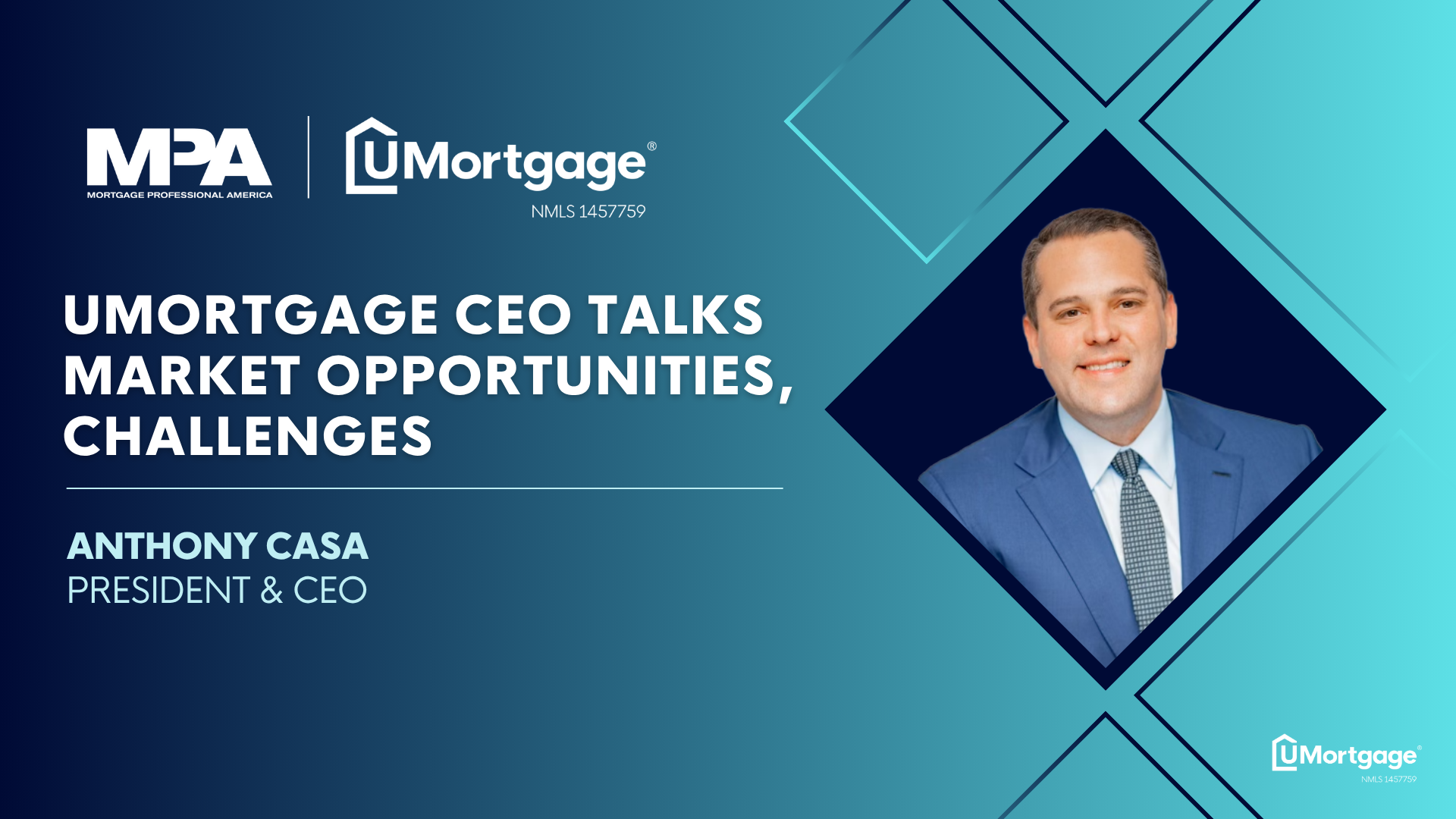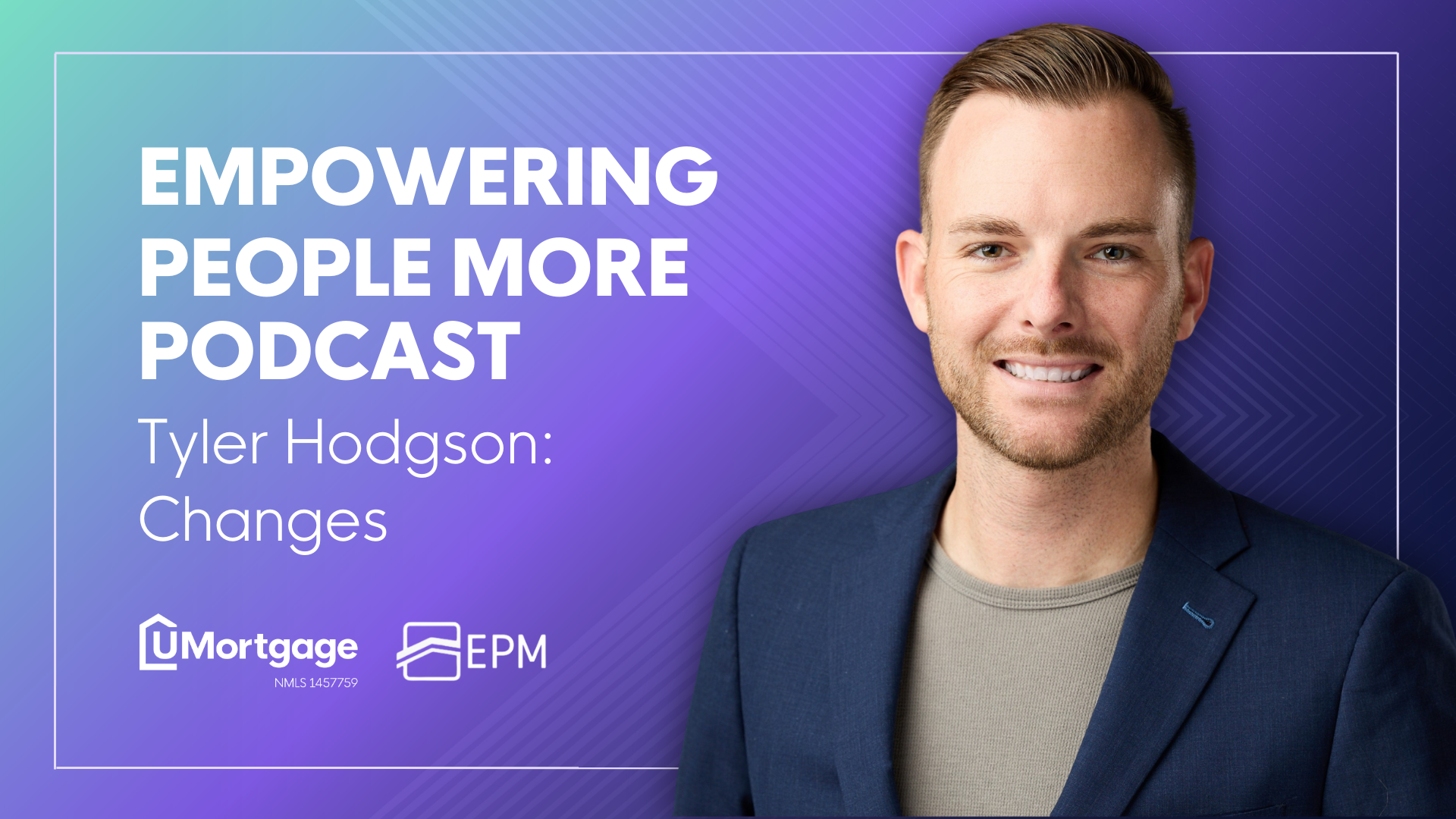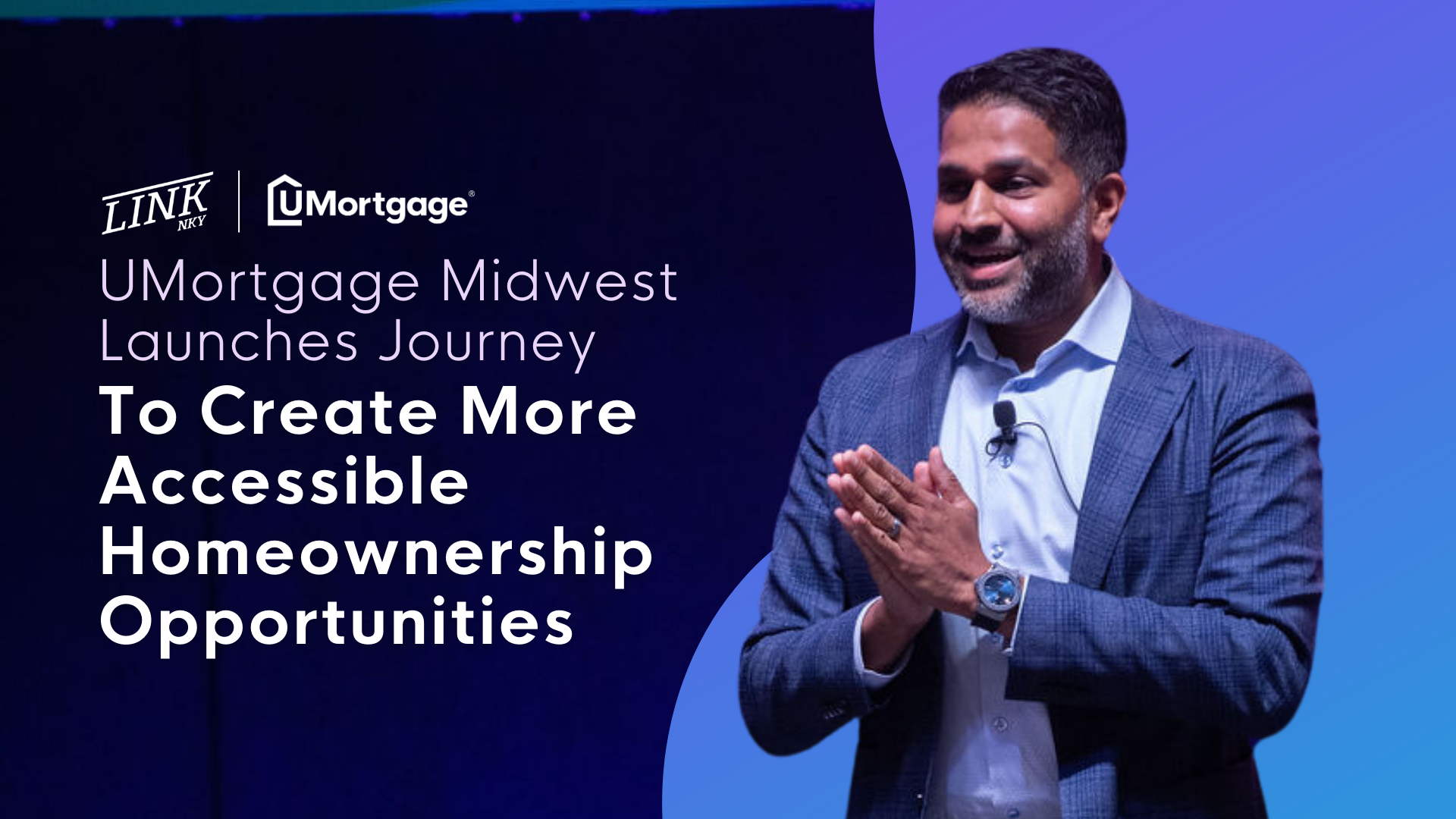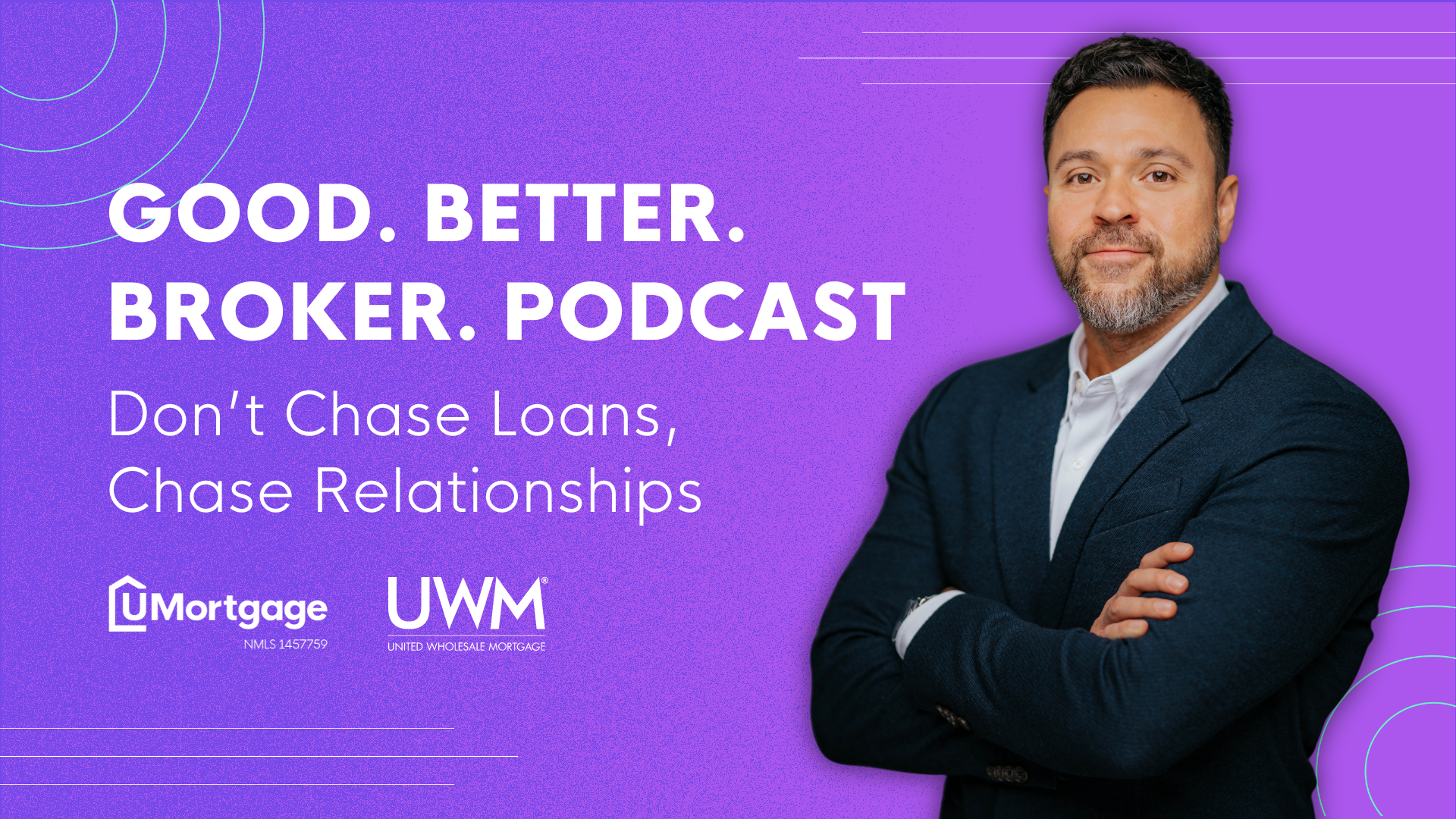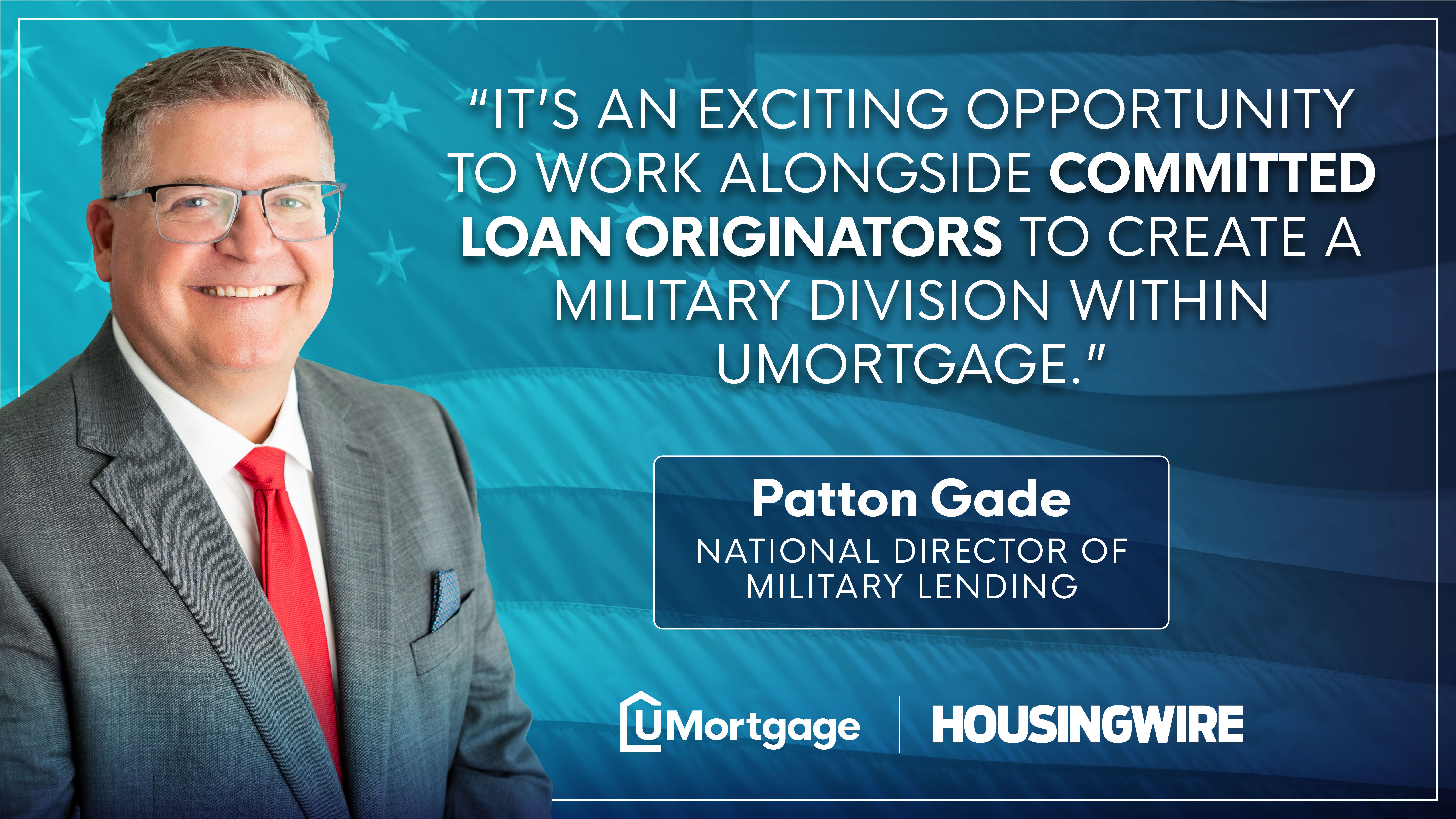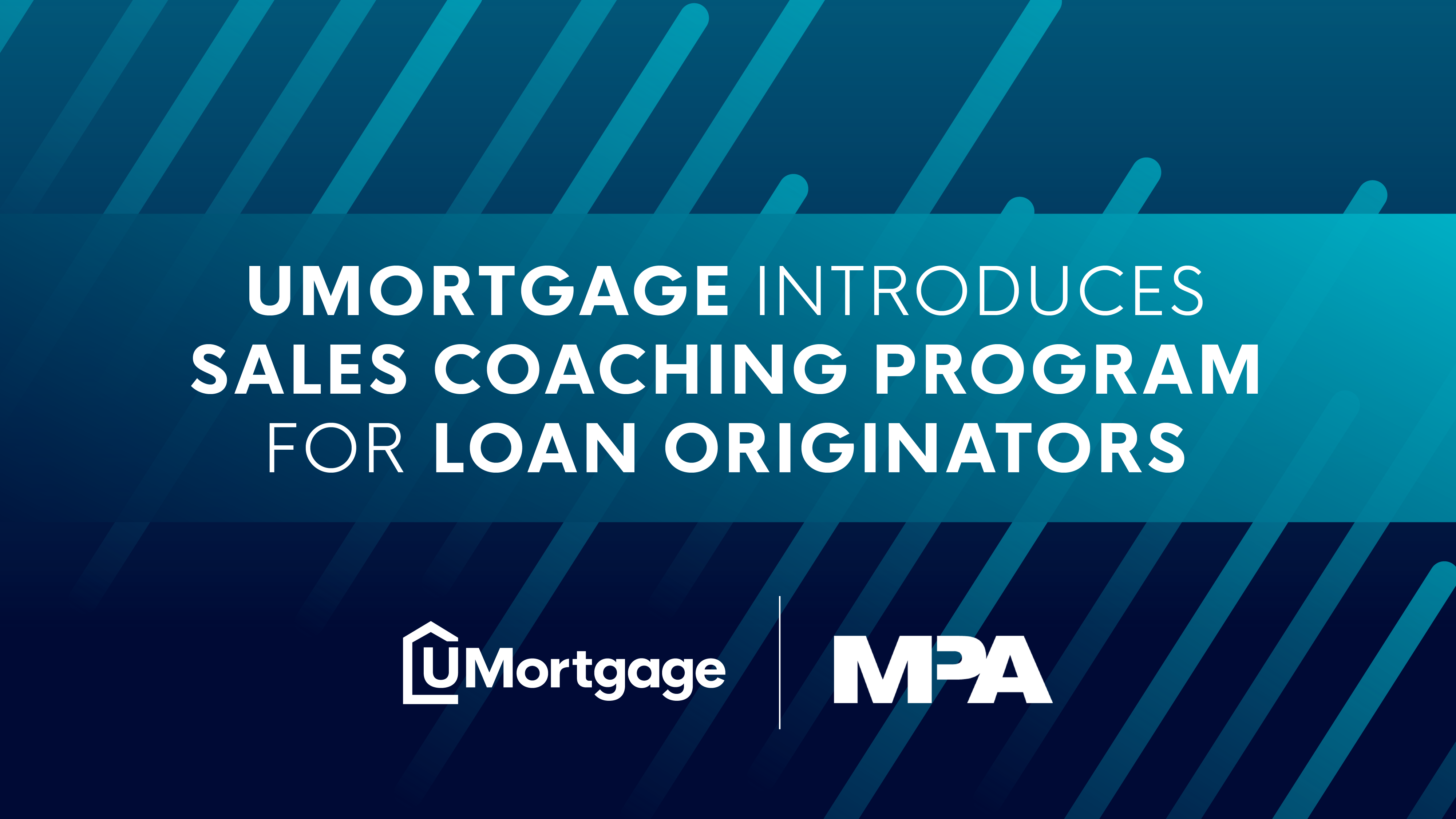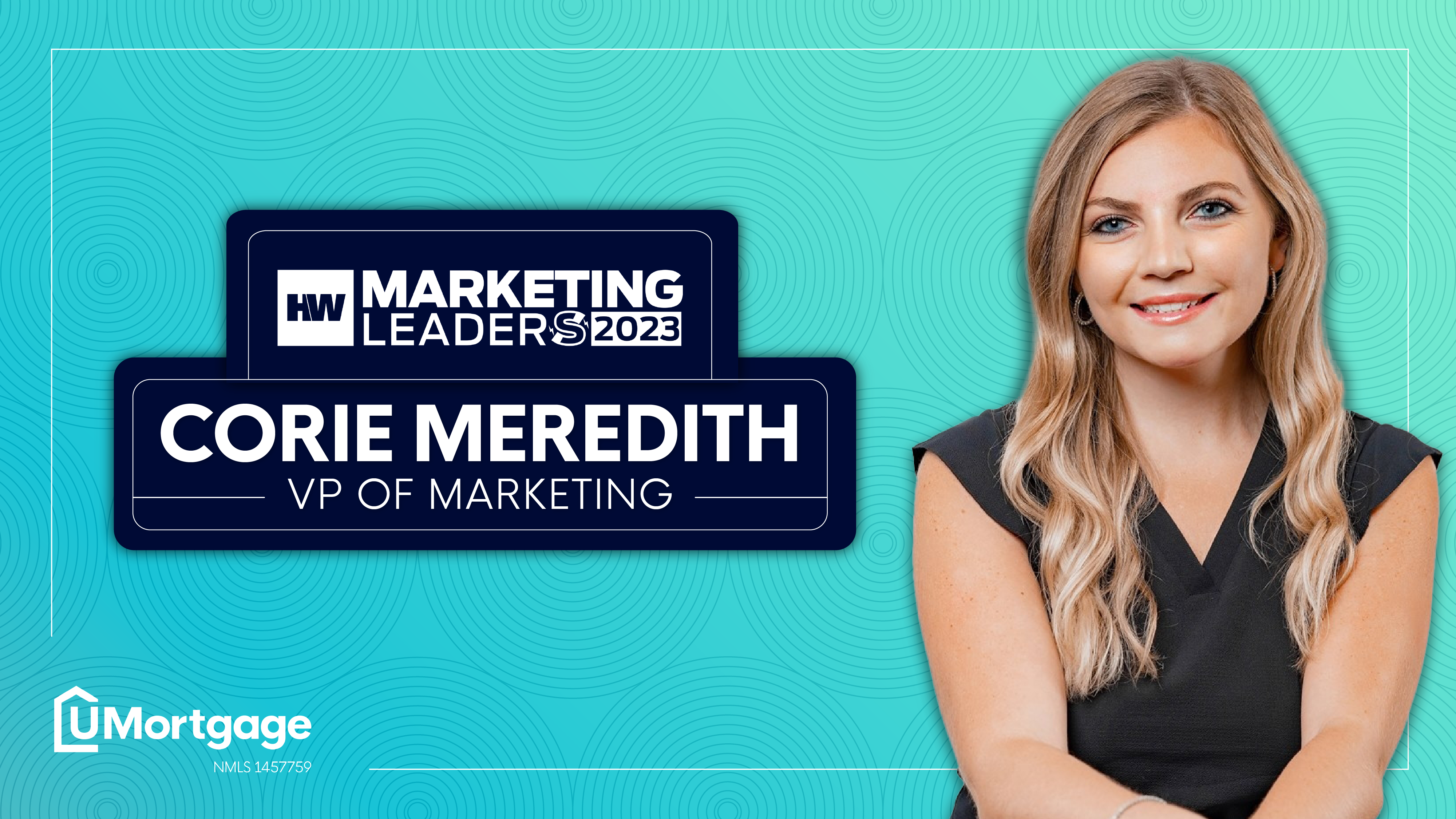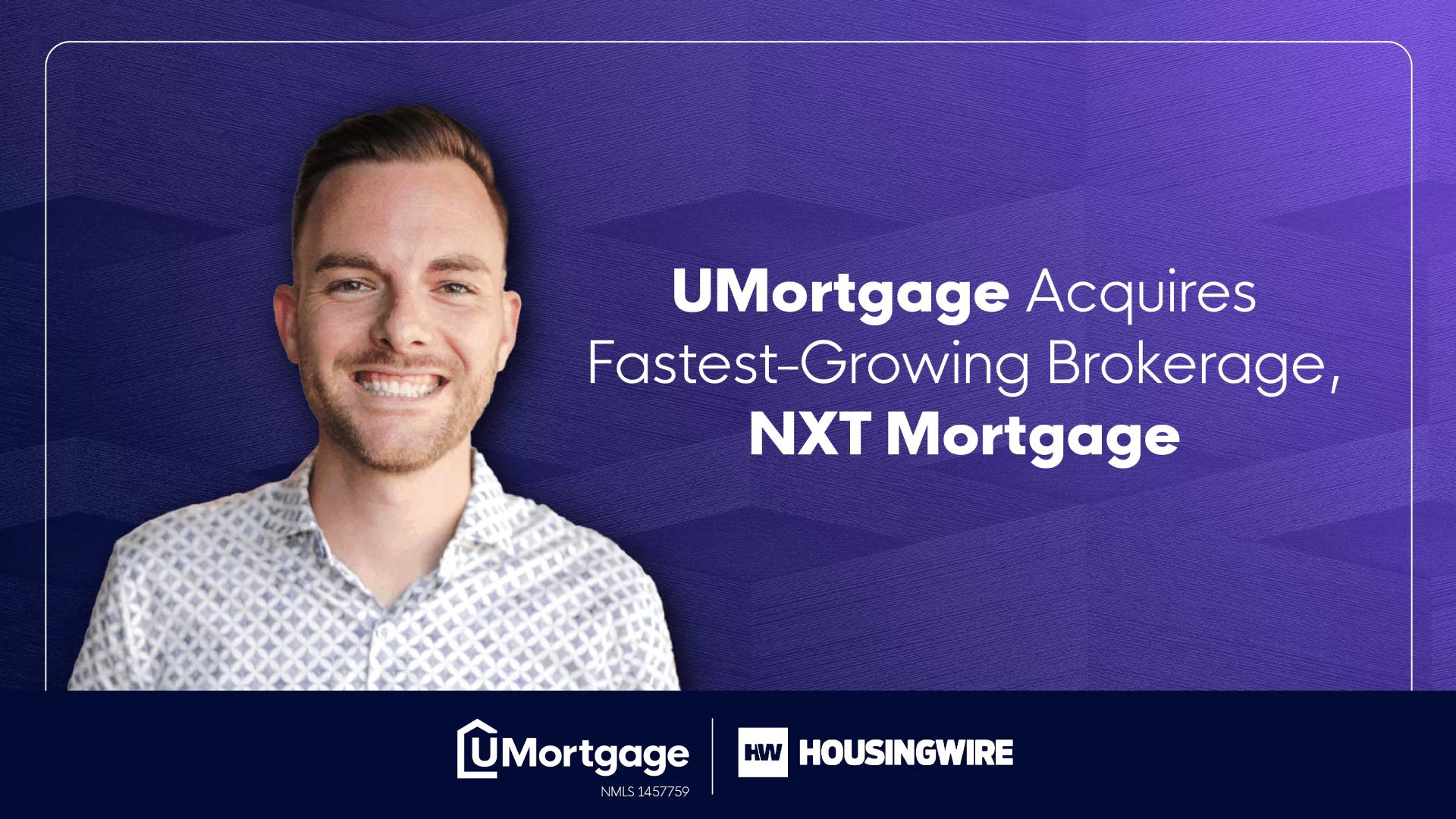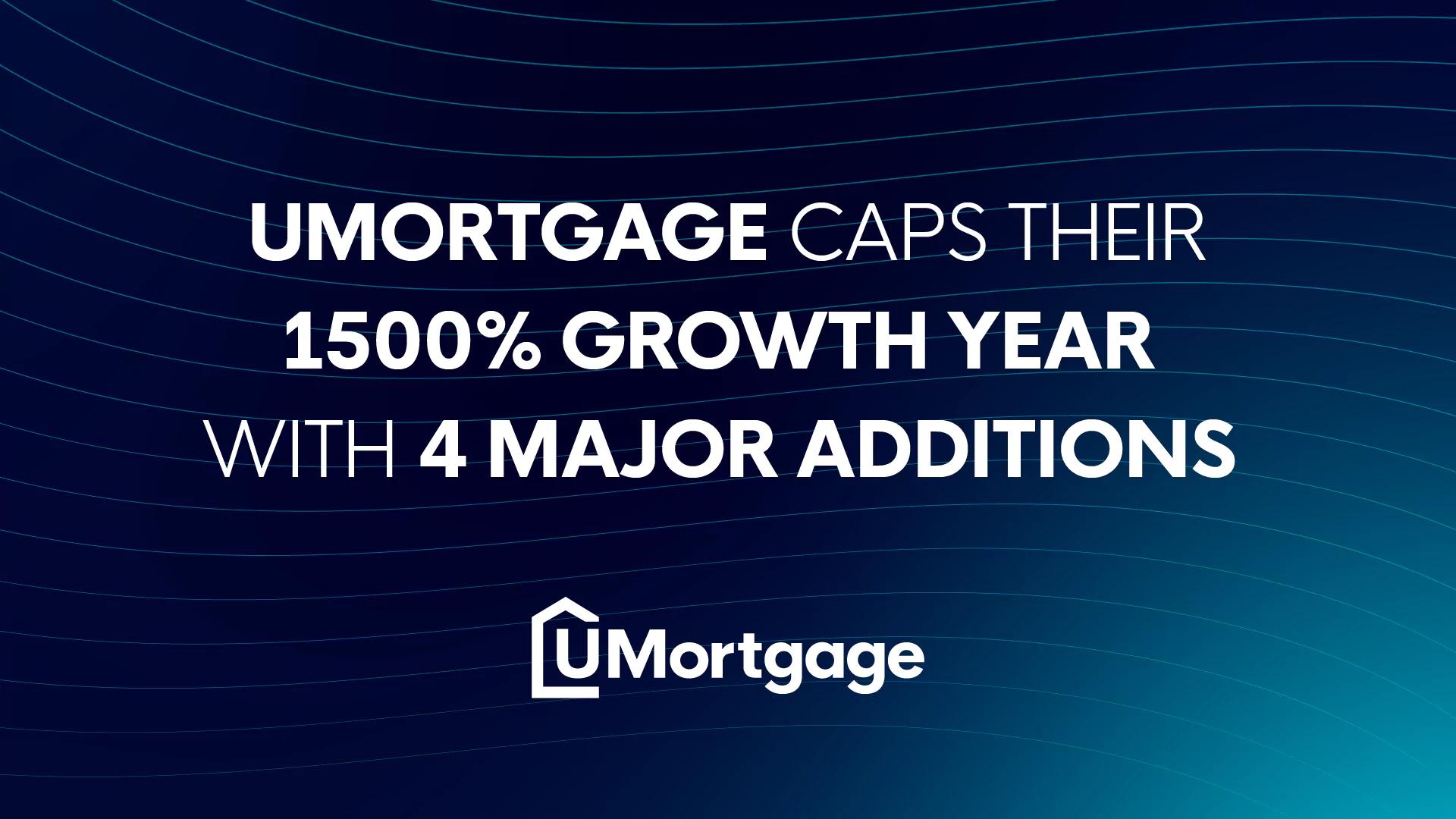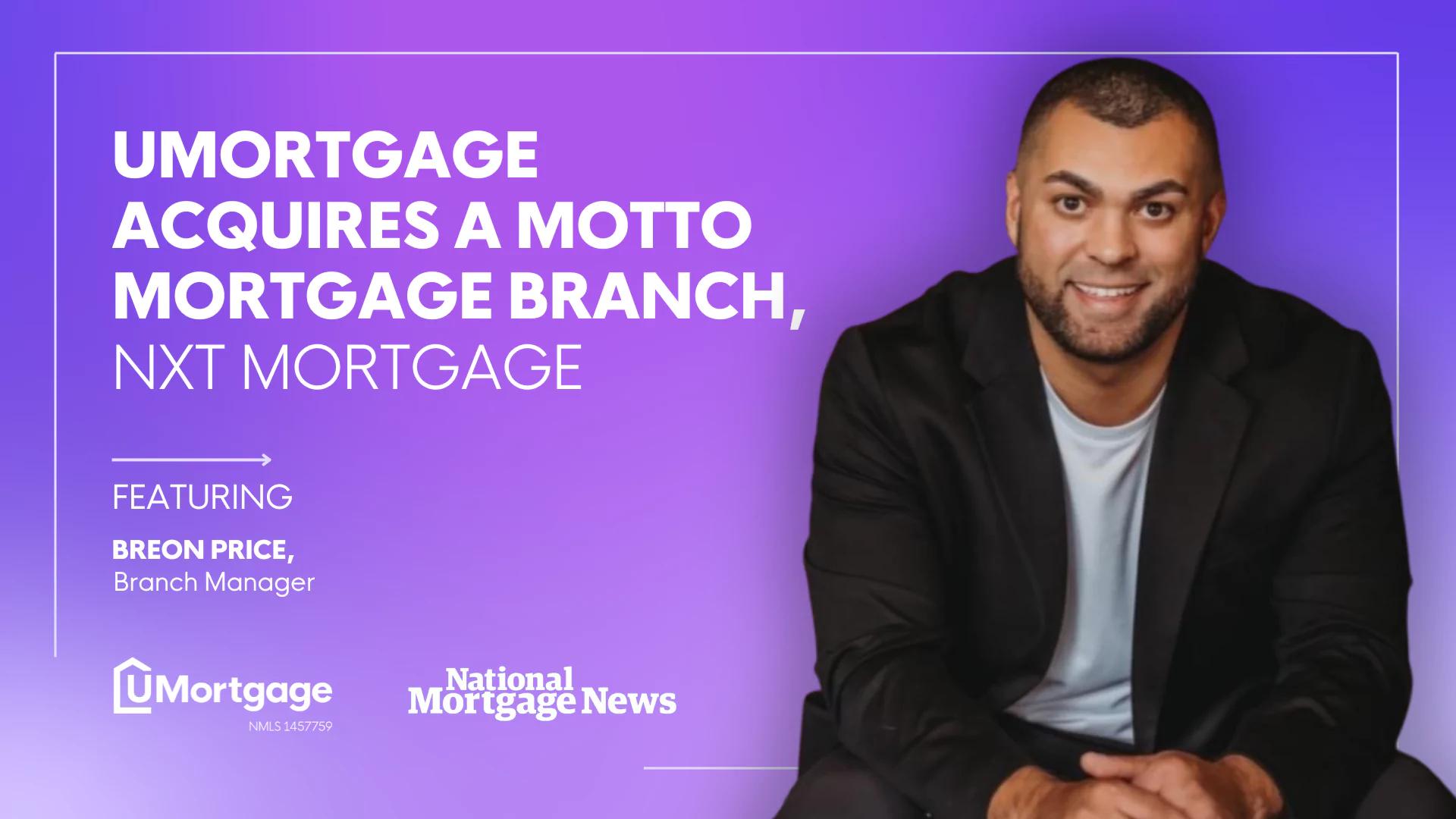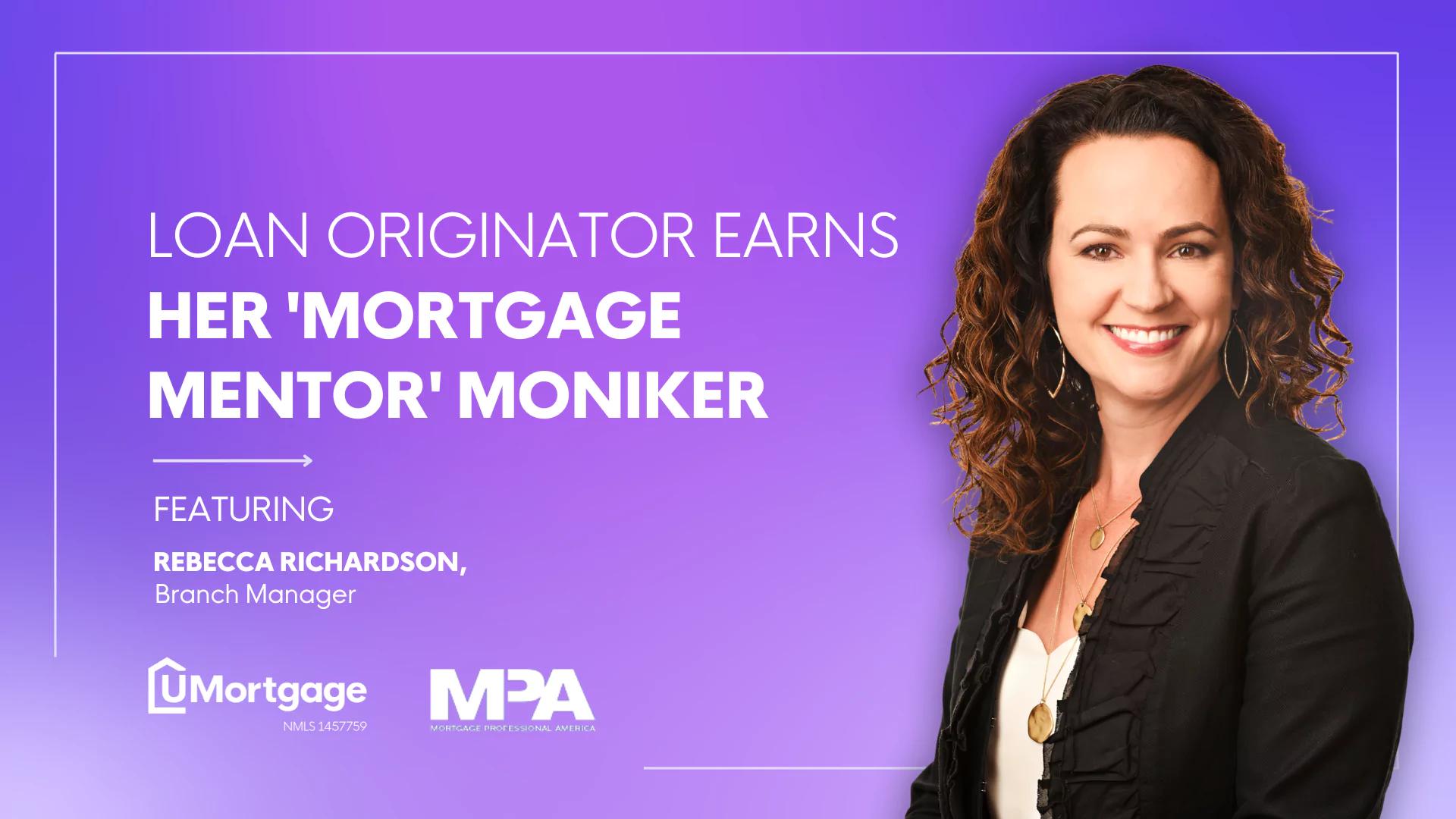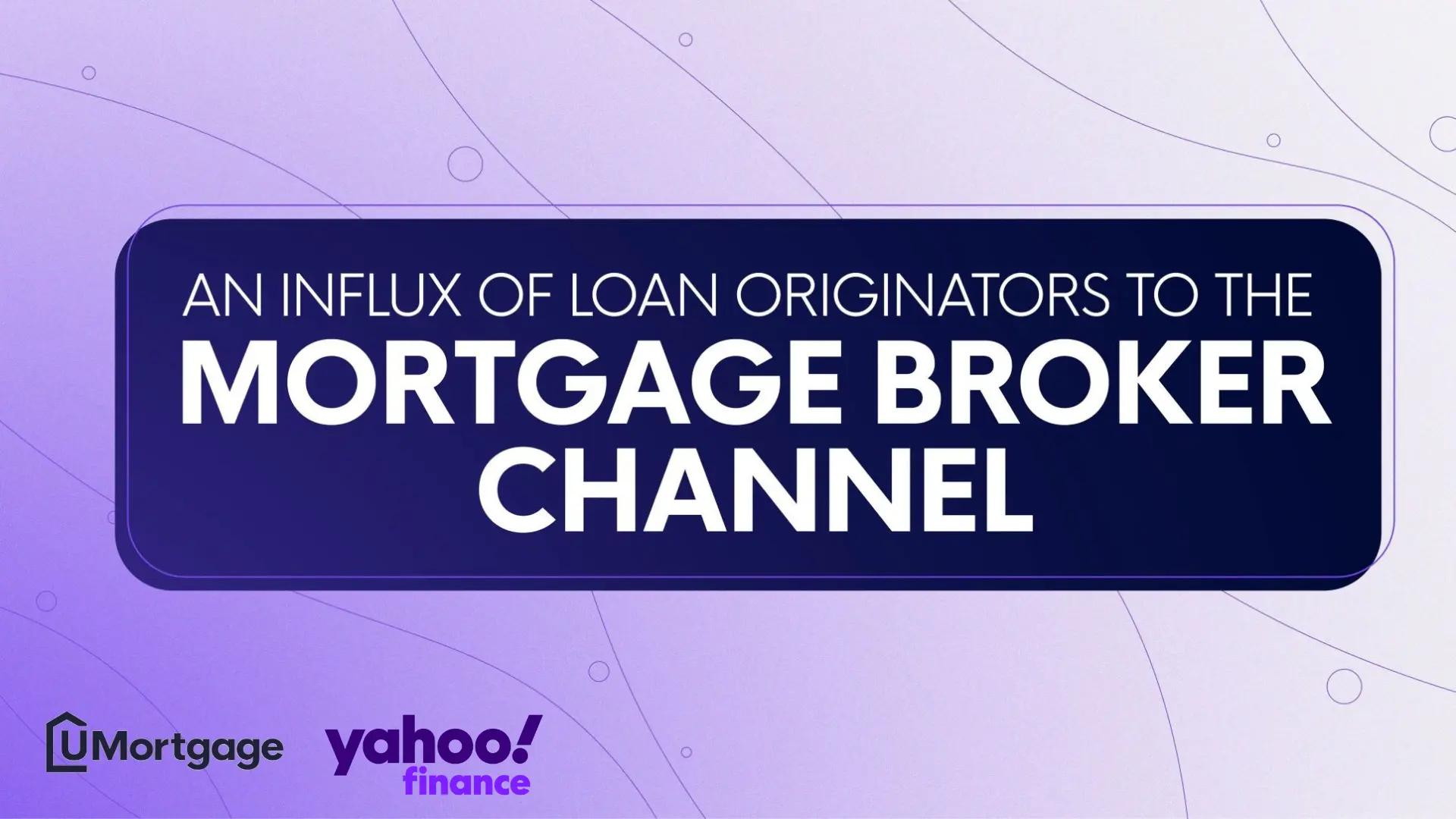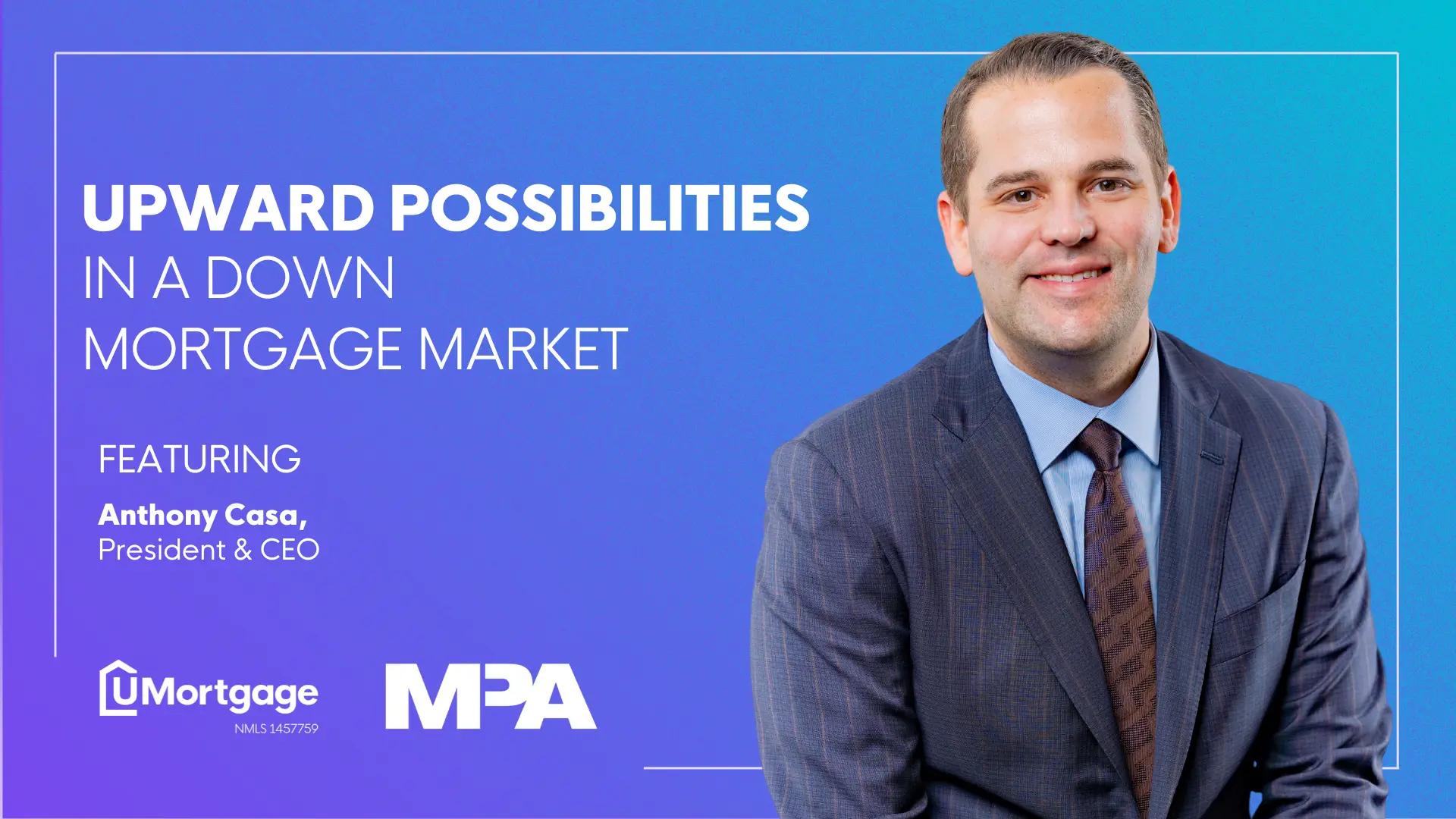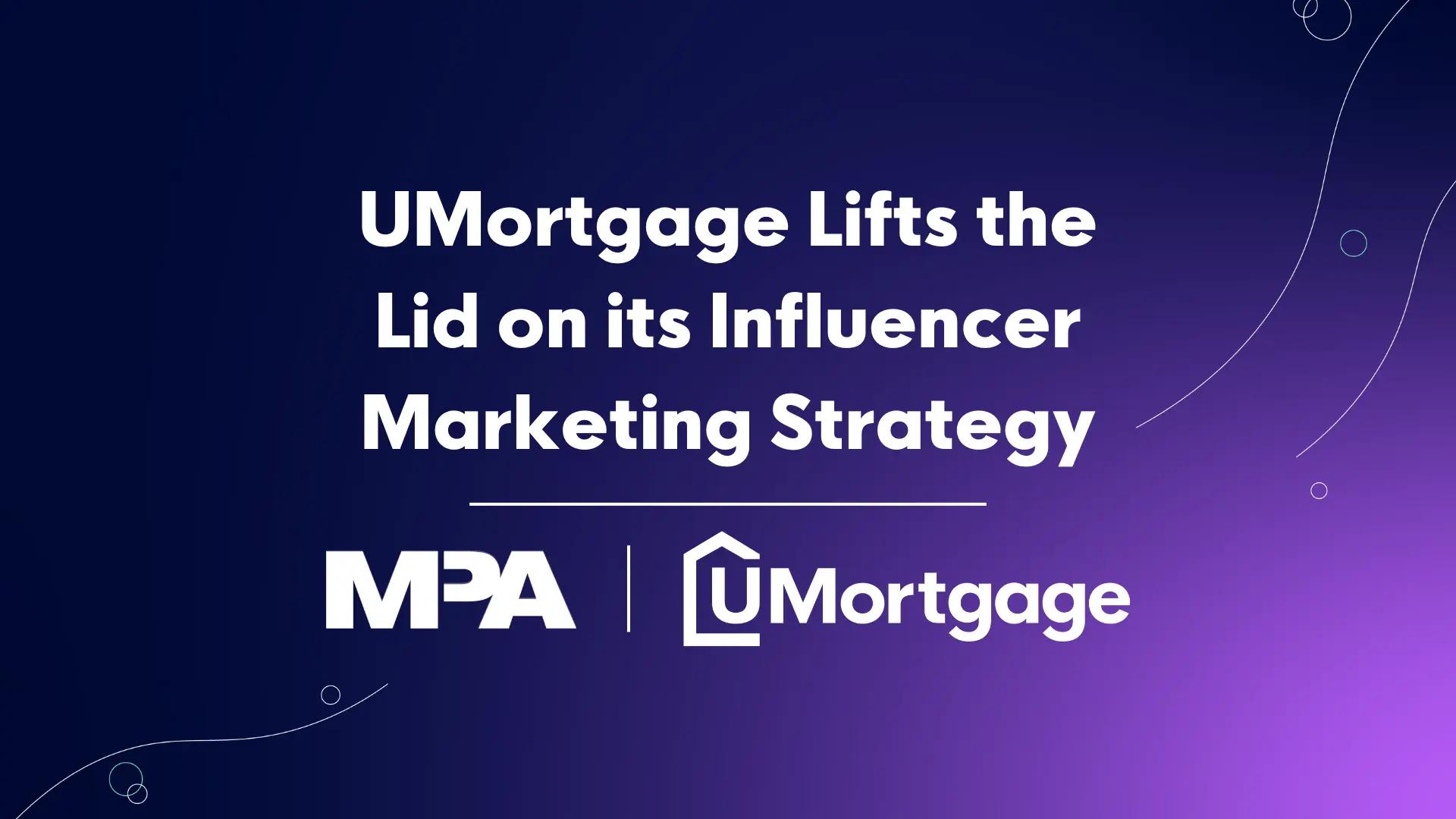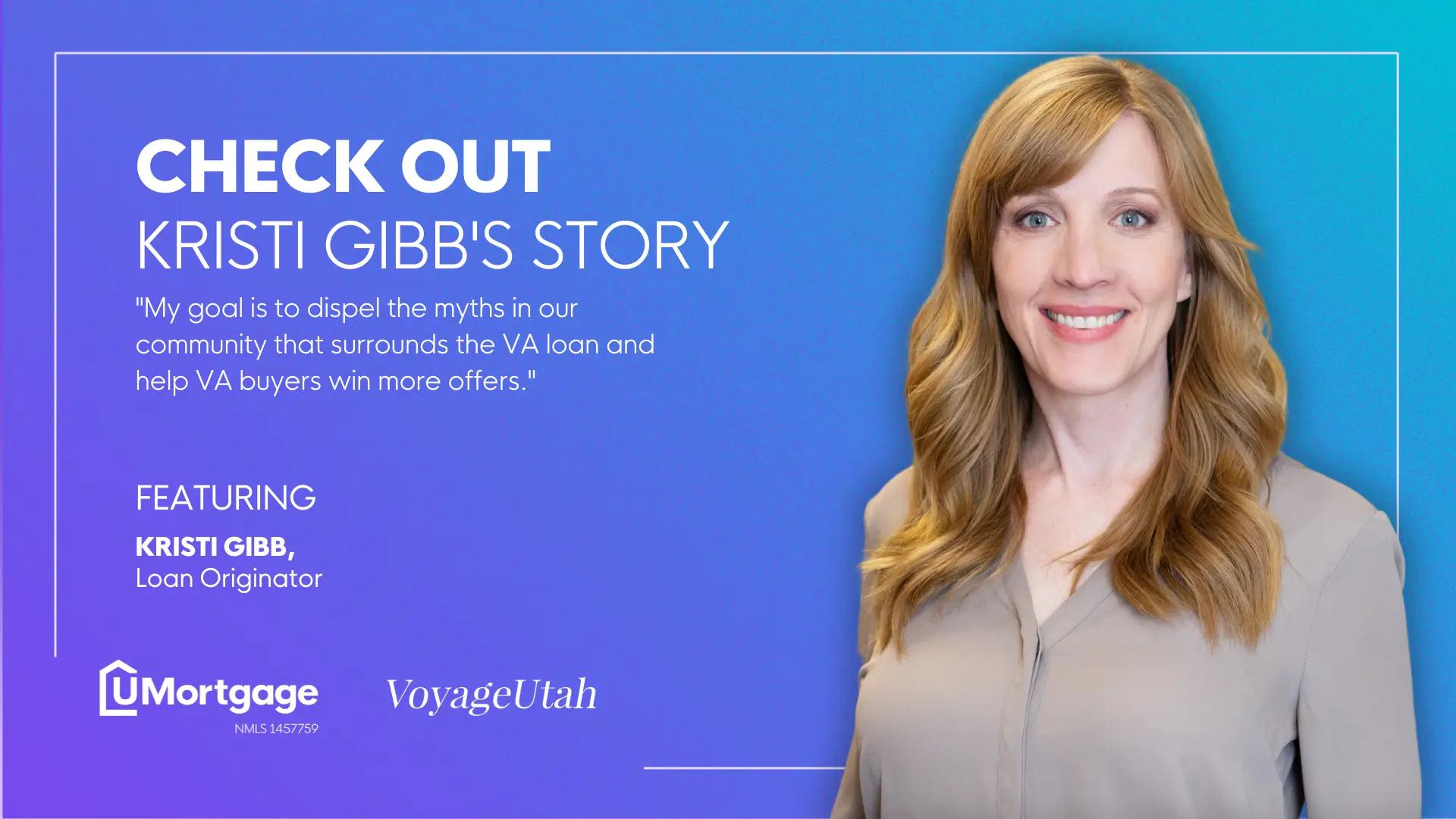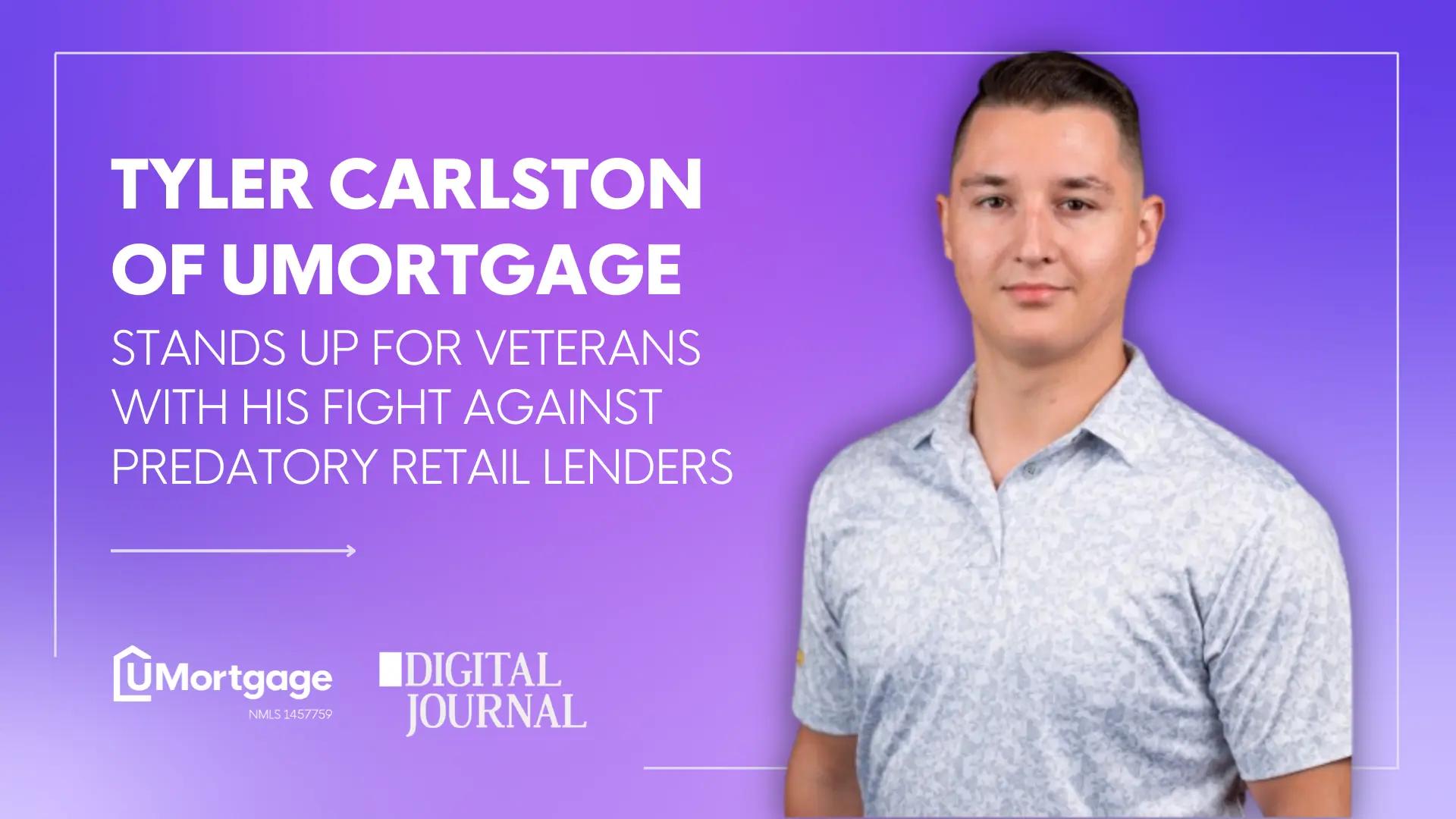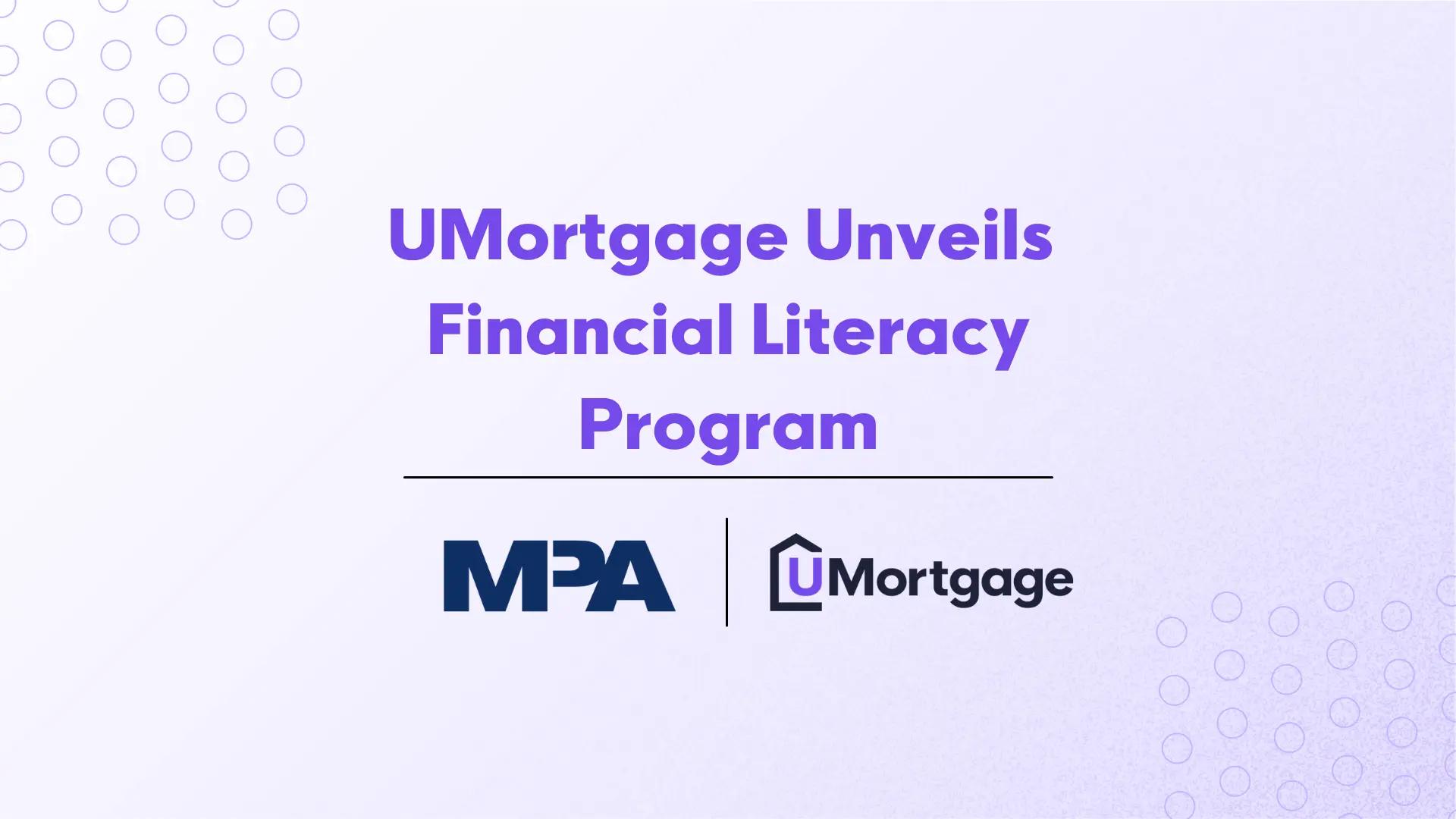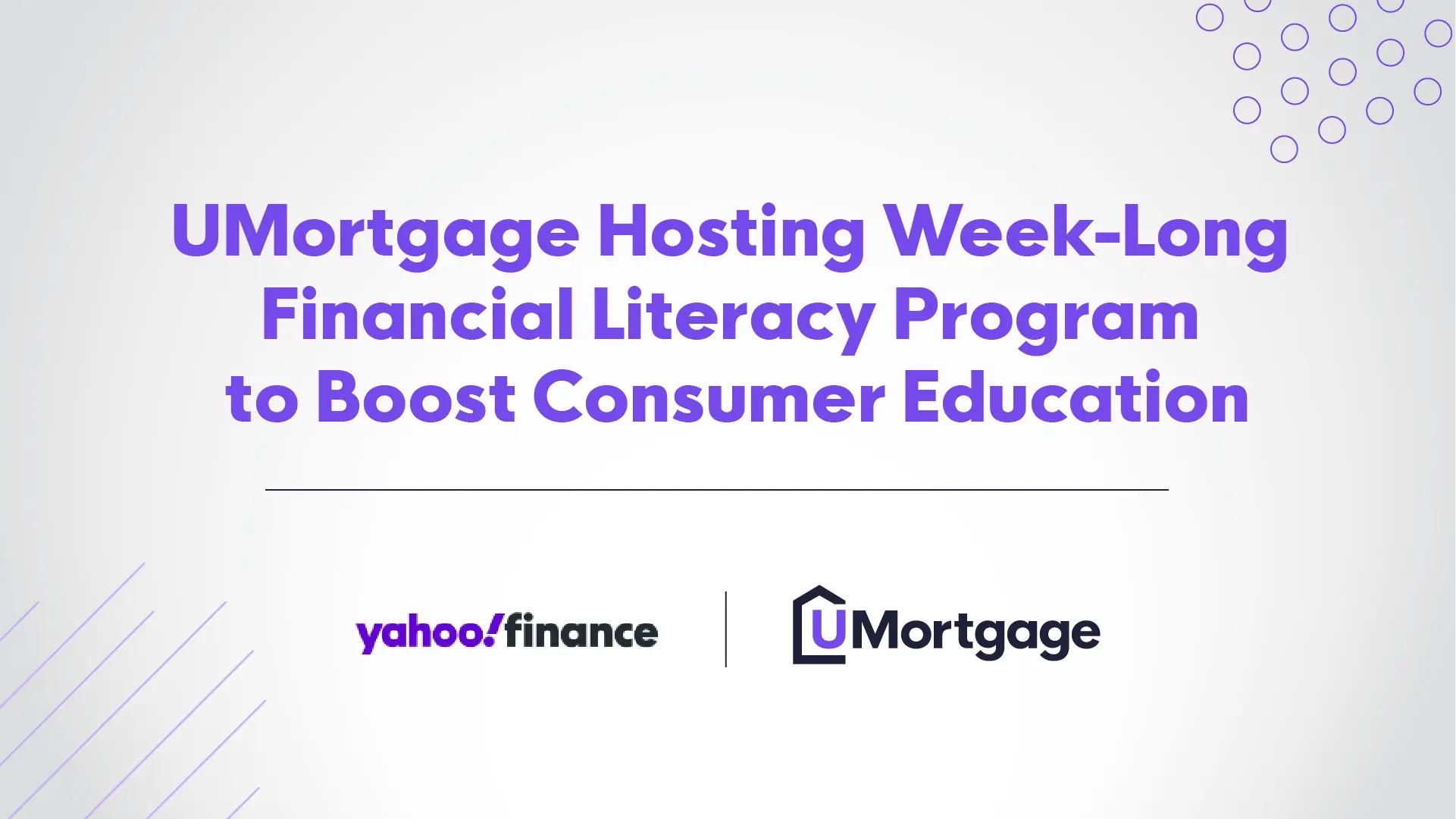How to Choose a Mortgage Lender | Redfin
Choosing the right lender is a critical decision when obtaining a mortgage. With numerous options available in the market, it's important to navigate through the choices and find a lender that aligns with your financial goals and offers favorable terms. Whether you're a first-time homebuyer or an experienced homeowner, understanding the factors to consider can help you make an informed decision.
From interest rates and fees to loan programs and customer service, this Redfin guide explains how to choose a lender that best suits your needs. By following these steps and conducting thorough research, you can begin your mortgage process with confidence and secure a home loan that sets you up for financial success.
Where can you get a mortgage?
When searching for a mortgage lender, it's important to understand the different types of lenders available in the market. Each type has its own advantages and considerations. Here are some common types of mortgage lenders:
Traditional Banks: Traditional Banks, such as Wells Fargo, and Bank of America, are established financial institutions with a wide range of services, including mortgages. They have physical branches for in-person interactions, but their lending criteria may be strict, leading to longer processing times.
Credit Unions: Credit Unions, like Navy Federal Credit Union and Alliant Credit Union, are member-owned cooperatives offering financial services, including mortgages, with competitive rates and lower fees compared to traditional banks. They prioritize customer service and may have more flexible lending criteria.
Mortgage Banks: Mortgage Banks, such as Quicken Loans and PennyMac Loan Services, are specialized lenders solely focused on mortgage lending, streamlining the loan approval process by originating and funding loans in-house. They do not offer other banking services.
Online Mortgage Lenders: Online Mortgage Lenders, such as Rocket Mortgage and Guaranteed Rate, are digital lenders providing convenient and streamlined mortgage applications, often with lower costs due to reduced overhead. However, personalized service may be limited compared to traditional lenders.
Mortgage Brokers: Mortgage Brokers, such as LendingTree or LoanDepot, connects borrowers with multiple lenders, searching for the best mortgage options. They have access to various loan products and can assist borrowers with complex financial situations, earning a commission from successful loan origination.
Non-Bank Lenders: Financial institutions without banking licenses that offer mortgages and other services, with flexible lending criteria and a willingness to work with borrowers in unique circumstances.
Government Lenders: Fannie Mae and Freddie Mac, government-sponsored enterprises facilitating homeownership by purchasing mortgages from lenders. This helps provide more affordable loans to borrowers.
Private Lenders: Individuals or private companies offering loans based on their own criteria, often specializing in niche markets or providing options for borrowers who may not qualify with traditional lenders. They typically charge higher interest rates and require a substantial down payment.
"Not all loans and lenders are created equal. A delicate balance of competitive rates, options for speed to help strengthen an offer against competitors, and an experienced loan officer willing to educate a consumer is the key to success," says Christian Griffin from Maverick Mortgage. "Advertised rates are simply the paint on the outside of a vehicle. Don't be afraid to lift the hood and poke around. There are multiple components that help differentiate the best deal to be had."
It's important to carefully evaluate the offerings, terms, and reputation of each type of mortgage lender to find the best fit for your specific needs and financial situation. Consider factors such as interest rates, fees, loan options, customer service, and the lender's track record.
How to find the best mortgage lender
Finding the best mortgage lender involves thorough research and consideration of various factors. By following these steps, you can increase your chances of securing the right lender for your needs and ensure a smooth mortgage application process.
Steps to choosing the best mortgage lender
1. Get your finances in shape
To enhance your chances of obtaining a mortgage with favorable terms, focus on improving your financial situation. Start by assessing and boosting your credit score, as a higher score provides more loan choices and lower interest rates. Obtain free credit reports and check them for accuracy, disputing any errors. Lower your debt and improve your debt-to-income ratio by paying bills on time and reducing credit card balances. Aim for a DTI ratio below 40% to meet lenders' criteria. These steps will strengthen your finances, help you calculate a mortgage you can afford, increase your loan options, and free up funds for a down payment .
VA loans cater to active and veteran military members, while USDA loans are designed for rural homebuyers. These loans typically do not require a down payment.
FHA loans have lower credit score requirements and can be obtained with as little as 3.5% down payment.
Conventional loans are geared towards borrowers with good credit, with some options requiring as little as 3% down payment.
Jumbo loans are used for financing high-value properties that exceed the limits of conventional loans.
"Know how much you want your monthly payment to be and save the difference between your current payment and your desired new payment ahead of time in a separate savings account, and see how that feels on your monthly budget," recommends Melissa Tippey from Advantage Mortgage . "Create a savings account that has three months of reserves for emergencies. Be sure to provide the lender with all the requested documents upfront."
2. Kow what type of mortgage you need
To find the best type of mortgage that fits your needs, familiarize yourself with the different types of home loans available. Here are a few of the options available:
Home loans vary in terms of the length of the loan, such as 15 or 30 years, and the type of interest rate structure they offer. Fixed-rate mortgages maintain a consistent interest rate throughout the loan term, ensuring stability for borrowers. On the other hand, adjustable-rate mortgages start with a fixed-rate period, followed by periodic adjustments to the interest rate. To find the right mortgage, it's important to research and understand these options, and then seek out lenders specializing in the specific loan programs you require.
3. Shop for suitable lenders
The most important thing you can do to make sure your lender is a good fit for you is talk to multiple lenders. Different lenders offer different types of home loans and interest rates. If you go with the first lender that comes along or offers the lowest interest rate, you may miss out on a great loan option. Some lenders may not even mention a certain loan that would save you money or better meet your needs, if it's one they don't offer.
Mortgage shopping can also show you what a lender's customer service is like. The loan officers you talk to should be helpful, answer your questions, and never pressure you. Their ability to communicate clearly and quickly can make the difference when you're trying to close on a home.
To find lenders, start with resources you already have:
Talk to the bank or credit union where you have your checking or savings accounts.
Ask any friends or family members who recently purchased homes if they would recommend their lender.
Do research online and look for lenders with good reviews.
"While the internet is a great source of information, it often provides only part of the story, especially when it comes to buying a home and getting a mortgage. Getting approved for a mortgage does not need to be stressful if you use a dedicated professional," shares Todd Bitter from UMortgage.
"First, check online reviews to see past client experiences. A good lender will have many strong reviews to read. Look for comments about the experience first, then about rates/cost. Remember, the cheapest option is rarely better when making the biggest purchase of your life. Find a lender with many reviews that offers great service and a good price."
4. Talk with your agent
If you're already working with a real estate agent, they'll likely have lender recommendations. Some lenders have a reputation for closing on time—or not. In areas where homes get lots of offers and sell fast, your lender's reputation can affect whether your offer is accepted. If you have a lender picked out, talk to your agent and weigh the pros and cons.
"My advice for homebuyers right now is that in this market, you have to work with the right team of people in order to have success in finding a home and getting the right mortgage," says Vito Busano from LifeStone Mortgage. "Interview your real estate agents. Talk to local lenders and discuss different loan programs and rates. Working with a mortgage broker is always beneficial as they can shop around for you, which is what we do."
5. Get pre-approved early
Buyers often wait to get a loan pre-approval until later in the home-buying process. But the sooner you get pre-approved, the better:
You won't know what you can really afford until you've been pre-approved.
Pre-approval is the only way to find out what kind of loan a lender will offer you.
By checking your credit and finances, a lender can tell you if raising your credit score or reducing your debt could improve your loan options.
Several pre-approvals from different lenders will give you the best picture of your situation. If you're worried about the effect on your credit score, don't be. Lenders and credit companies understand how all this works, so you won't be penalized for multiple mortgage-related credit checks in a short period. Learn more about mortgage pre-approvals.
"Getting fully approved through underwriting with a local lender prior to looking at homes with your realtor can make a world of difference in your home buying journey," recommends Ryan Nies from Cornerstone Home Lending. "Look for lenders that can take you through the underwriting process prior to making an offer and can ensure a quick close so you can compete with any buyer in this competitive market."
Pre-approval also gives you a big advantage when you're house-hunting. In a competitive market, you may need to make an offer fast, and if you don't have a pre-approval letter, you may lose out to another buyer who does. Sellers want the peace of mind of accepting an offer from a buyer who can prove they are qualified.
6. Look into first-time buyer programs
There are thousands of state and local homebuyer programs that can help first-time buyers afford a home. Often they partner with lenders that are certified to offer the program and have experience working with first-time homebuyers. Local nonprofits that help lower-income buyers frequently have lenders in their network as well. Find first-time homebuyer programs in your area.
No matter what lender you're talking to, you can ask if they offer programs for first-time homebuyers. Just make sure to inquire about all the pros and cons because some of these loans may have hidden costs.
7. Compare mortgage loan offers
Before finalizing your decision, it is crucial to compare the interest rates and fees offered by at least three lenders or brokers to ensure you secure the best mortgage deal. Here are key ways to compare loan offers:
Interest Rate: While interest rates are a significant factor, don't solely rely on them. Rates fluctuate daily, so it's important to find the right lender before locking in a rate. Inquire about mortgage points, which can lower the interest rate, and understand their cost and necessity.
Fees and closing costs: Mortgage loans come with various fees, some of which may not be straightforward. Ask about all fees, such as application fees, underwriting costs, and closing fees. Compare the fees listed individually or bundled together, and negotiate to reduce them whenever possible.
Down payment and mortgage insurance: Aim to make a substantial down payment while keeping funds aside for future home-related expenses. Explore down payment assistance programs, especially if you are a first-time homebuyer, to secure the loan without depleting your savings. If your down payment is less than 20%, expect to pay for private mortgage insurance (PMI).
Loan terms: Examine the loan terms, including the duration of the loan (e.g., 15 years, 30 years) and any adjustable-rate features. Assess which terms align best with your financial goals and repayment capacity.
Annual Percentage Rate (APR): The APR reflects the overall cost of the loan, including interest rates, fees, and other charges. Compare the APRs of different loan offers to gain a comprehensive understanding of the true cost.
Loan features and programs: Assess any special features or loan programs offered by lenders, such as first-time homebuyer programs, down payment assistance, or flexible repayment options. Consider which features are beneficial for your specific situation.
Customer service: Evaluate the customer service provided by each lender. Consider factors such as responsiveness, accessibility, and the level of support they offer throughout the loan process.
8. Ask your lender questions
If you’re a first-time home buyer, you might be wondering what questions you should ask when talking to a mortgage lender. Here are some of the top questions to ask your lender:
What will my fees and payments be?
Which type of mortgage terms do you offer?
What credit qualifications do you require?
Do you offer mortgage points?
Do I need an escrow account?
What is the interest rate and APR
Do you offer a mortgage rate lock?
Do you offer preapproval or prequalification?
What is the best down payment needed to buy a house?
Is there a prepayment penalty?
Takeaway: how to choose a mortgage lender
Selecting the right mortgage lender is a crucial step in the home buying process. The ideal mortgage lender is someone who listens to your needs, offers honest advice, and works diligently to turn your homeownership dreams into a reality. Take the time to research and compare lenders, and don't hesitate to seek recommendations. By making an informed decision, you can secure a mortgage that fits your financial situation and embark on the path to owning your own home with confidence.

 Read More
Read More


